Hello, again going through this super interesting community and leaving here this small post that explains how bacteria act in organic decomposition, what will catch your attention is that we can see this process live! I mean, we are going to see thousands of bacteria feeding on decomposed matter! for this take a skin that was shed from a shrimp! I mean the famous ecdysis process! so get ready to learn an interesting topic about bacteria!😲👨💻
Hola, de nuevo pasando por esta comunidad super interesante y dejando aqui este pequeño post que explica como actuan las bacterias en la descomposicion organica, lo que captara tu atencion es que podremos ver este proceso en vivo! osea vamos a ver miles de bacterias alimentandose de materia descompuesta! para ello tome una piel que fue mudada de un camaron! osea el famoso proceso de ecdisis! asi que preparate para aprender un tema interesante sobre las bacterias!🧫🔬
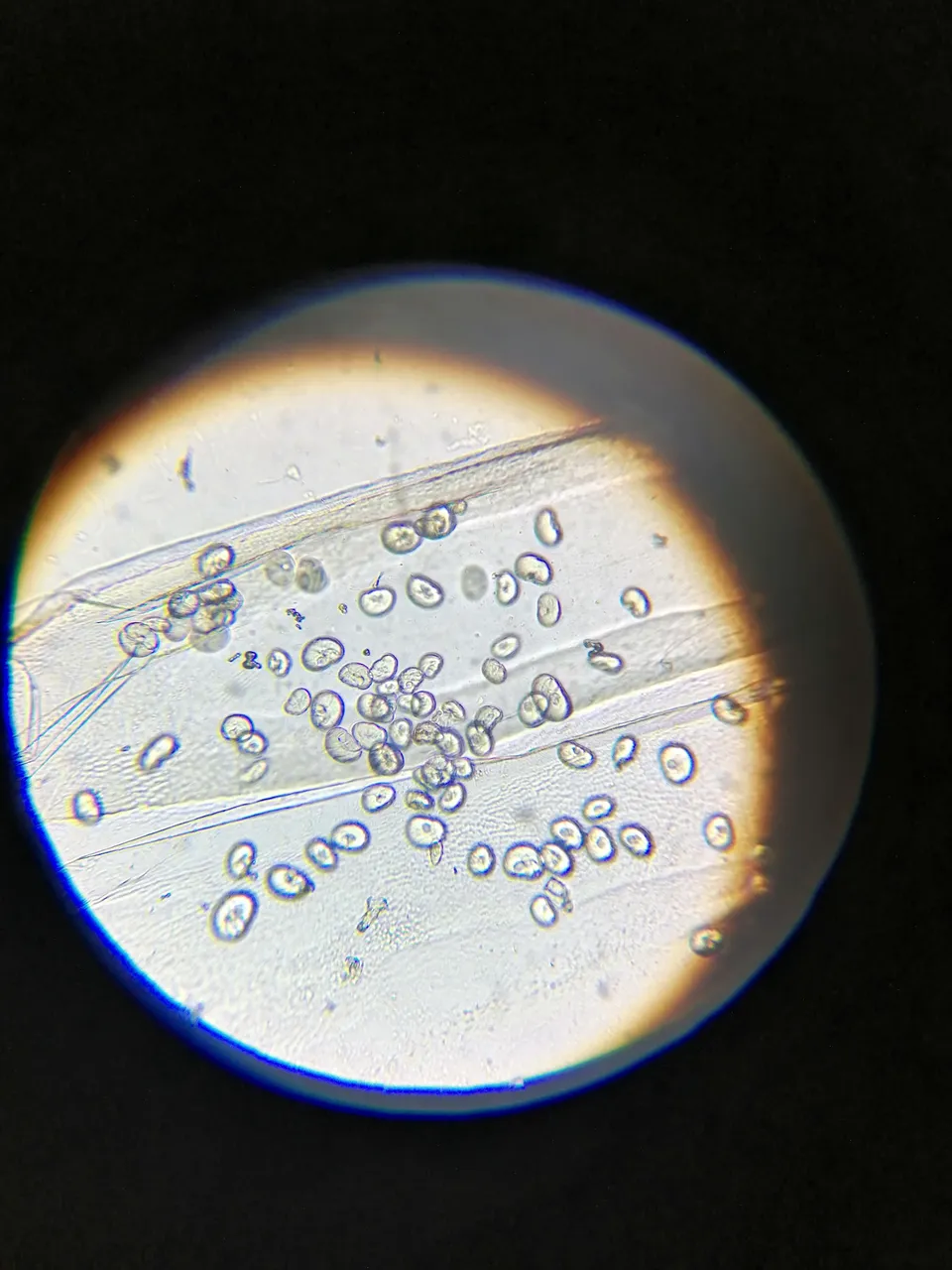
WHAT IS ECDISIS / QUE ES LA ECDISIS🙂⛔🛑👍
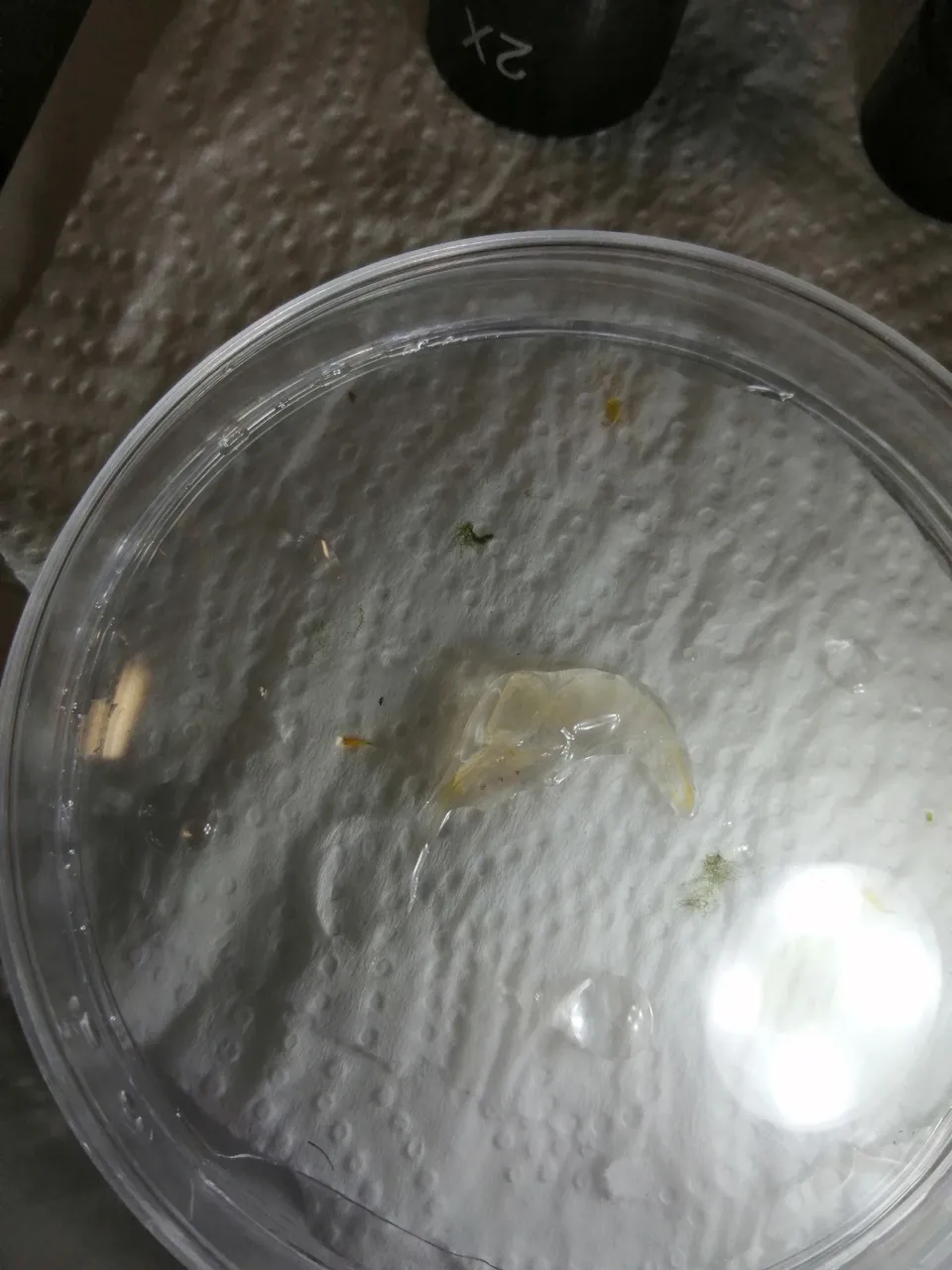
I think I had previously mentioned this term Biological but it is not too much to refresh our memory, ecdysis is a process in which arthropods such as shrimp can change their exoskeleton for a new one, this growth mechanism prevents the animal from growing so that detaching an old exoskeleton gives rise to a larger one and the animal can increase its size! My wife has a shrimp aquarium and they are constantly changing their exoskeleton so I thought why not make a post about how bacteria feed on this organic material!🤔🤔💥💥💥💥💥💥💥💥💥💥💥💥💥💥💥💥💥💦💦💦💥💥💥💥💥💥💙💙💙💥
Creo que anteriormente ya habia mencionado este termino Biologico pero no esta demas refrescar nuestra memoria, la ecdisis es un proceso en el cual los artropodos como por ejemplo los camarones pueden cambiar su exoesqueleto por uno nuevo, este mecanismo de crecimiento impide al animal crecer por lo que al desprender un exoesqueleto viejo se da lugar a uno mayor y el animal puede aumentar su tamaño! mi esposa tiene un acuario de camarones y constantemente estan cambiando de exoesqueleto asi que pense porque no hacer un post sobre como las bacterias se alimentan de este material organico!🛑💯
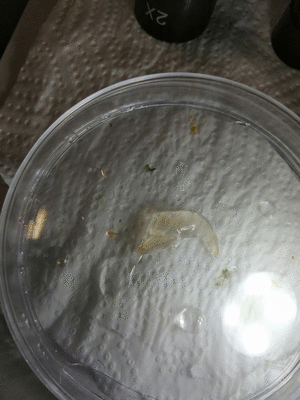
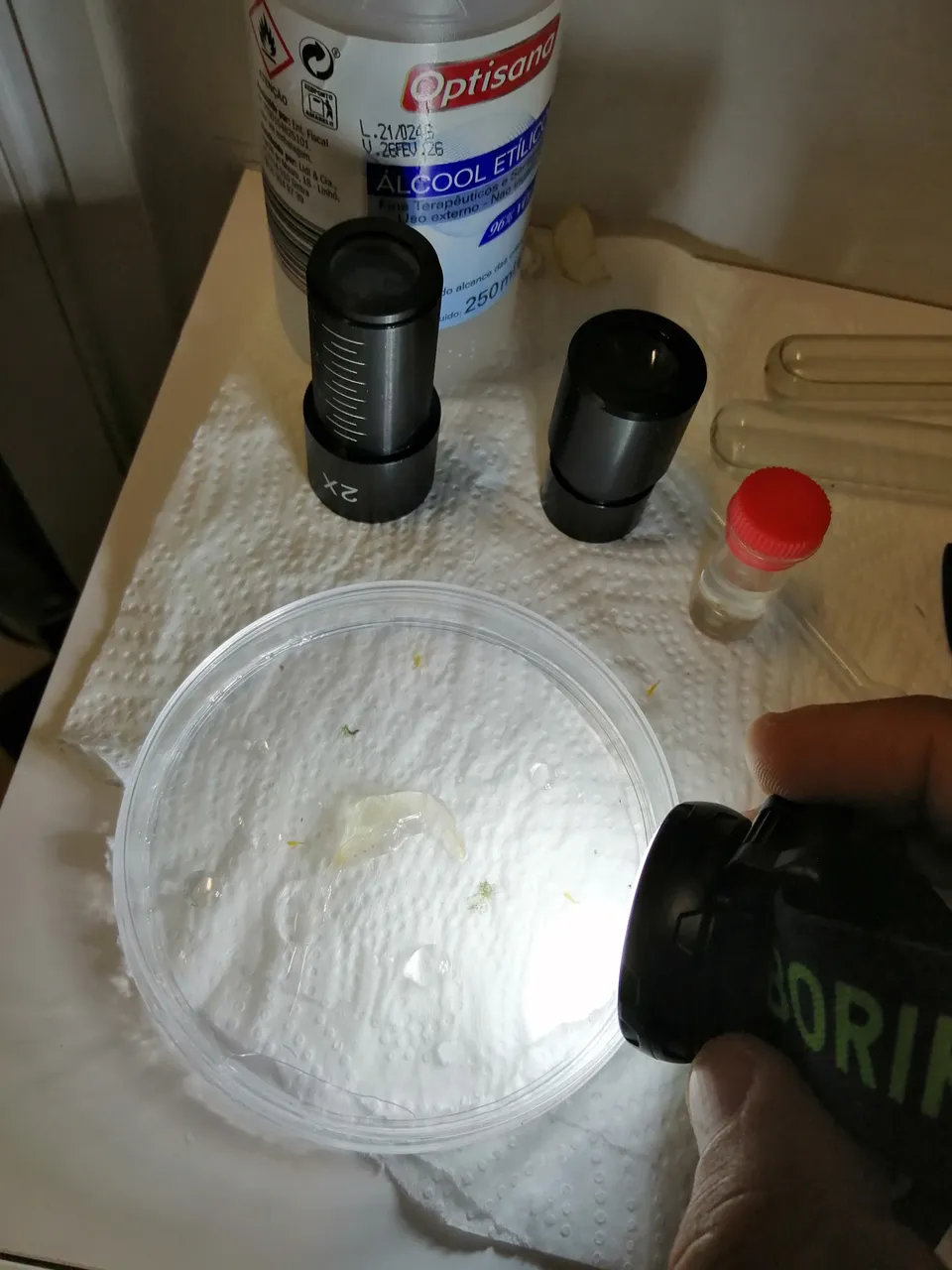
The scientific term is decomposing organisms, in this case bacteria fall into this category, since they are within the trophic chain of the aquarium feeding on decomposing material, they are heterotrophic organisms and have a favorable aspect to stand out since they reduce organic matter feeding, they can give rise to favorable compounds for the environment where they are found, in this case it would be fertilizer and other compounds that help balance the aquatic environment!💥💥💥💥🛑⭕⛔❗❗❗❗❗❗
El termino cientifico es organismos descomponedores, osea en este caso las bacterias entran en esta categorias, ya que estan dentro de la cadena trofica del acuario alimentandose de material en descomposicion, son organismos heterotrofos y tienen un aspecto favorable a sobresalir ya que reducen la materia organica alimentandose, pueden dar origen a compuestos favorables para el ambiente donde se encuentran, en este caso seria fertilizante y otros compuesto que ayudan al equilibrio del ambiente acuatico!🧠👄🧫

IS THE DECOMPOSITION PROCESS IMPORTANT? / EL PROCESO DE DESCOMPOSICION🙂🧠🧫👍

We could refer to the decomposition process as a process that is important in the life of the planet and that accompanies the cycle of many macro-microscopic organisms! And let's say that it can be the temporary phase or the cessation of the life of an organism, that is, the final phase of its life when it dies! but decomposition also occurs in parts and it is for example in our case the exoskeleton of a shrimp!😱😱
Podriamos referirnos al proceso de descomposicion como un proceso que es importante en la vida del planeta y que acompaña al ciclo de muchos organismos macro-microscopicos! y digamos que puede ser la fase temporar o el cese de la vida de un organismo, osea la fase final de su vida cuando muere! pero la descomposicion tambien ocurre en partes y es por ejemplo en nuestro caso el exoesqueleto de un camaron!💥💥💥💥💥💥💥

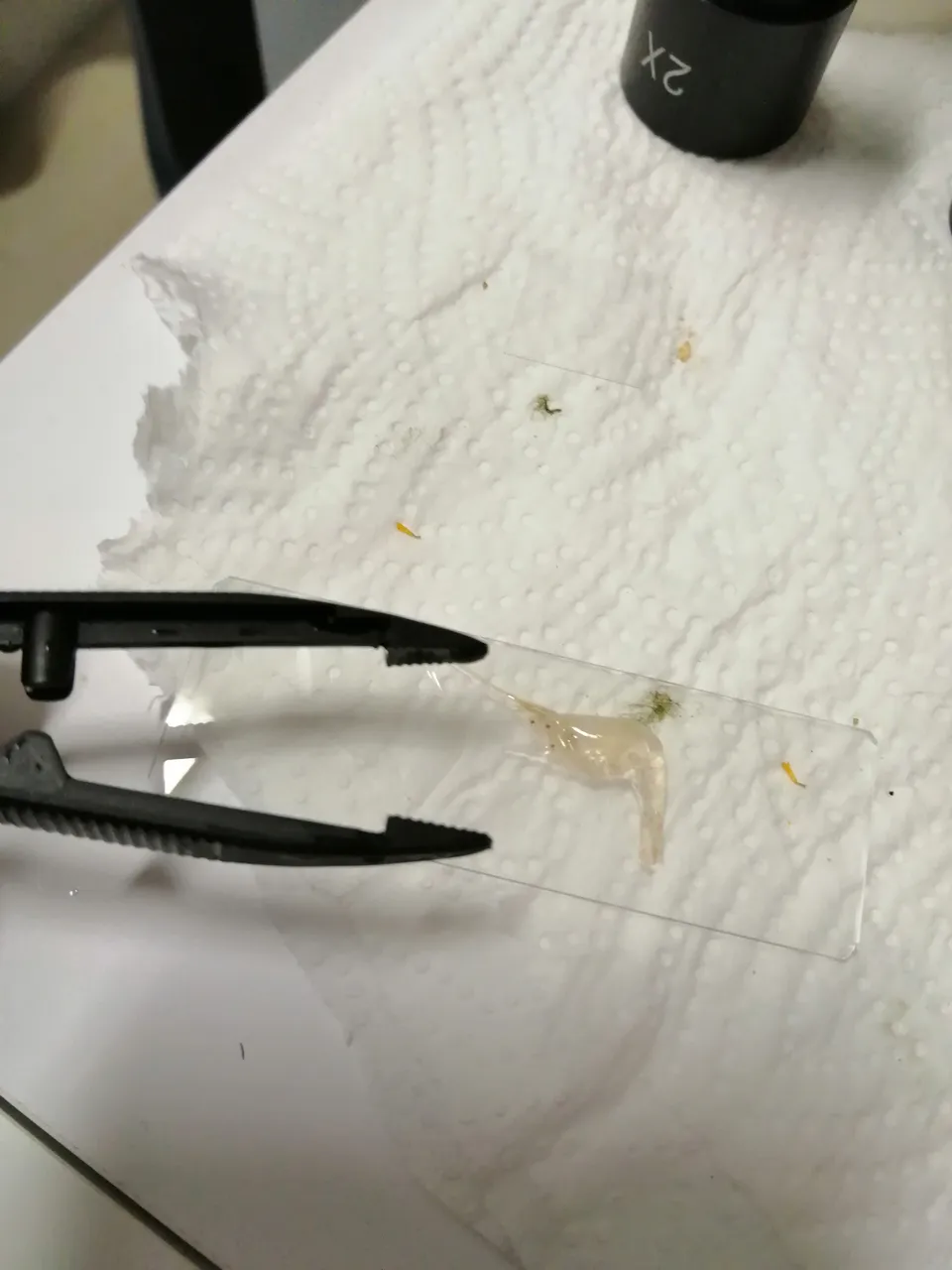
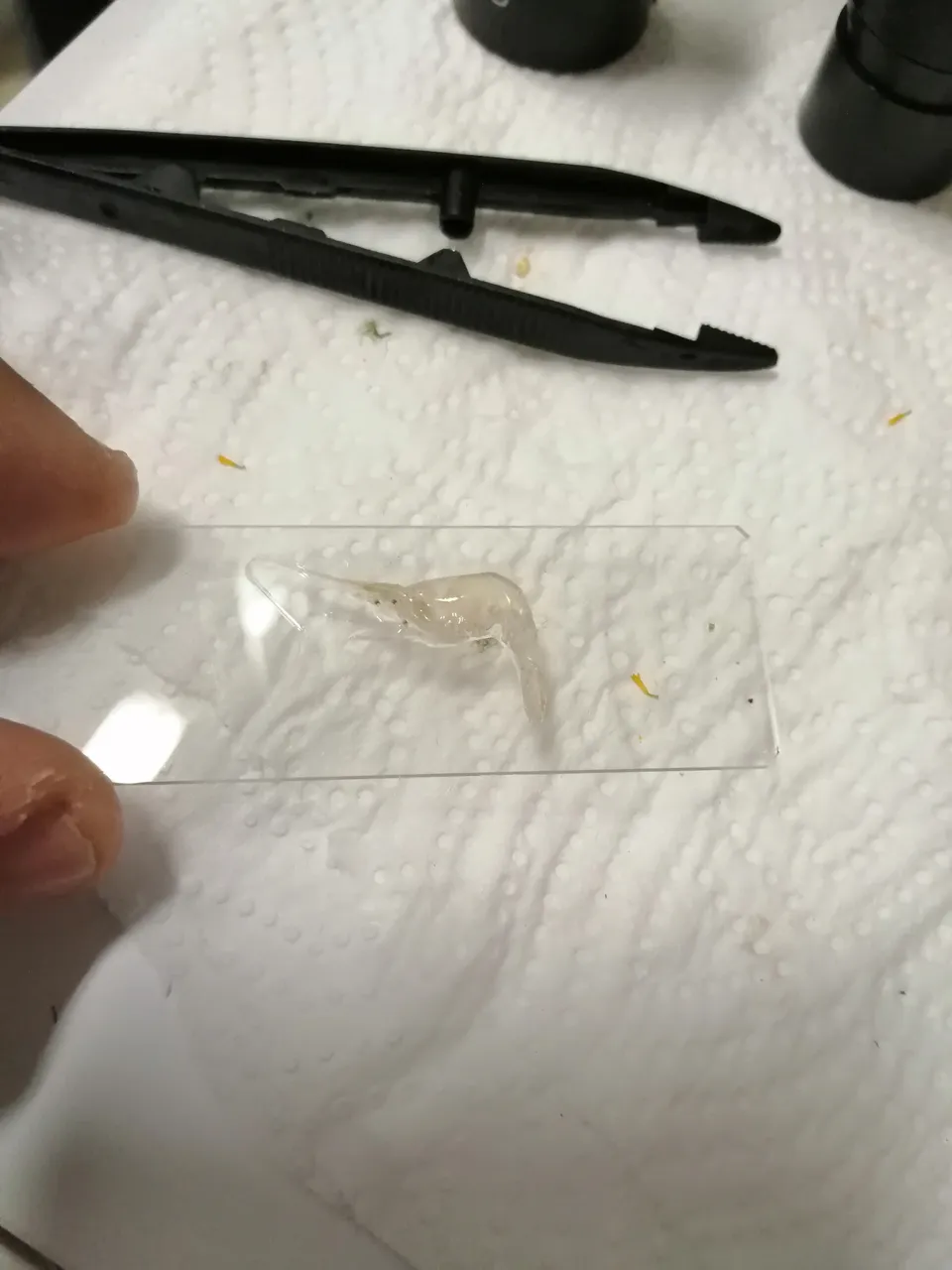
The decomposition process is carried out by thousands of microscopic species that can be aquatic, terrestrial and that accelerate the transformation of organic matter into other chemical elements! although there are also larger individuals such as scavengers!💫👨🏫🕵️♀️🕵️♂️👨🎓
El proceso de descomposicion es realizado por miles de especies microscopicas que pueden ser acuaticas, terrestres y que aceleran la trasformacion de la materia organica en otros elementos quimicos! apesar que tambien existen individuos mas grandes como los carroñeros! 👨💻👩💻

TYPES OF DECOMPONERS? / TIPOS DE DESCOMPONEDORES🙂🧠🧫👍

Not all decomposing organisms are the same, to classify them we must know what type of material they feed on, for example there are detritive specialists in feeding on organic material that falls on the ground, then we go to dung that are capable of digesting the feces of other animals, now we come to those that feed on dead organic material the NECROPHAGES, here we clearly see several species of organism feeding on dead material of the shrimp exoskeleton!😣😮
No todos los organismos descomponedores son iguales, para clasificarlos debemos conocer de que tipo de material se alimentan, por ejemplo existen los detritivos especialistas en alimentarse de material organico que cae en la tierra, luego pasamos a los coprofagos que son capaces de digerir las heces de otros animales, ahora llegamos a los que se alimentan de material organica muerta los NECROFAGOS, aqui vemos claramente varias especies de organismo alimentandose de material muerto del exoesqueleto del camaron!🅰🅱🆎
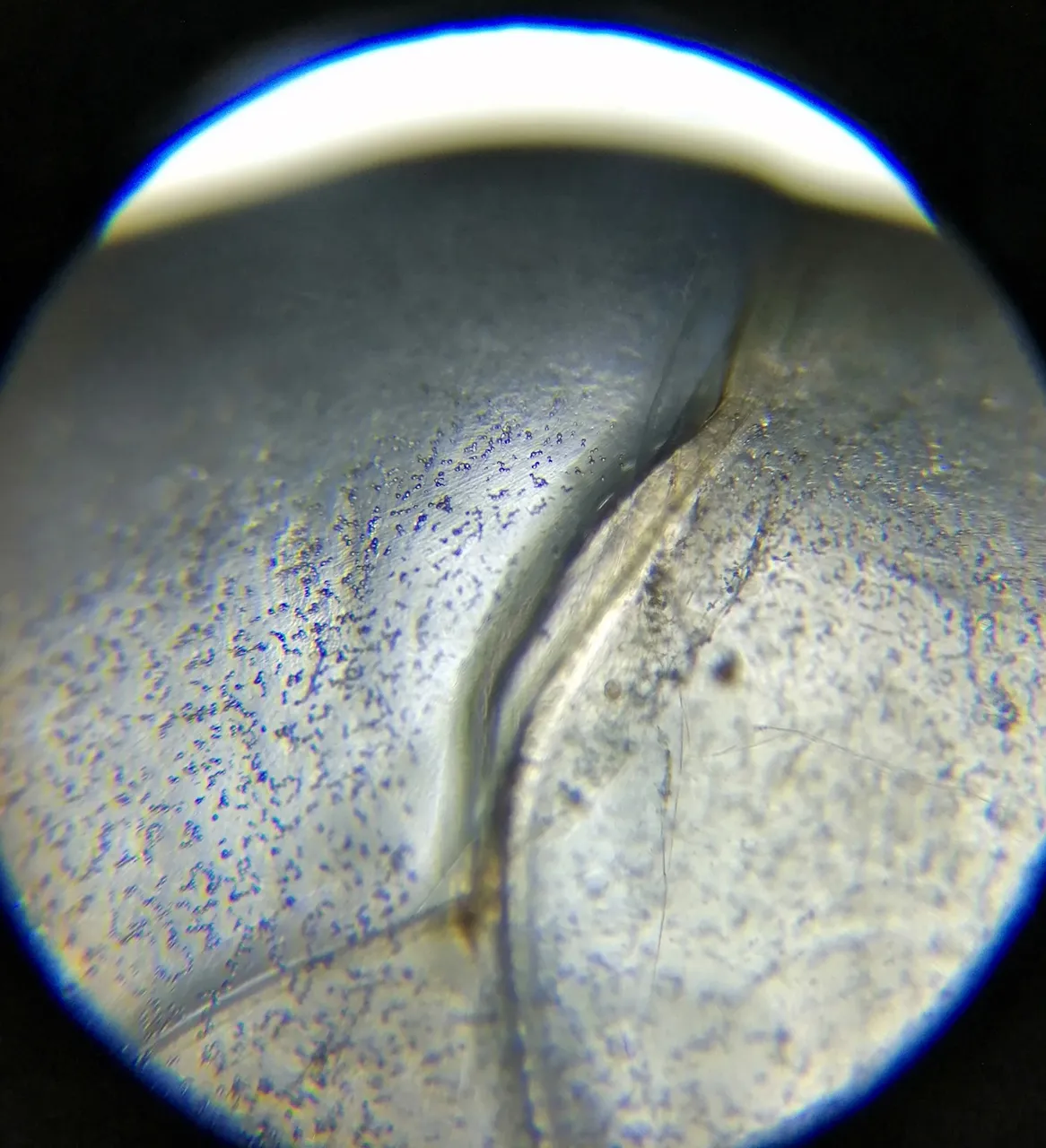
These bacteria are basically taking advantage of 100% of organic material that can be consumed in addition to causing energy, in one of my posts I explained how bacteria transformed ammonium into nitrates for example! Let's say that these bacteria are transforming the elements into increasingly less complex compounds that are capable of being used by primary consumers, in this case aquarium plants!🤔😮😮
Estas bacterias estan basicamente aprovechando el 100% de material organico que pueda ser consumido ademas de provocar energia, en uno de mis post explicaba como las bacterias transformaban el amonio en nitratos por ejemplo! digamos que estas bacterias van trasnformando los elementos en compuestos cada vez menos complejos que sea capaces de ser aprovechados por los consumidores primarios en este caso plantas de acuarios!😄😄

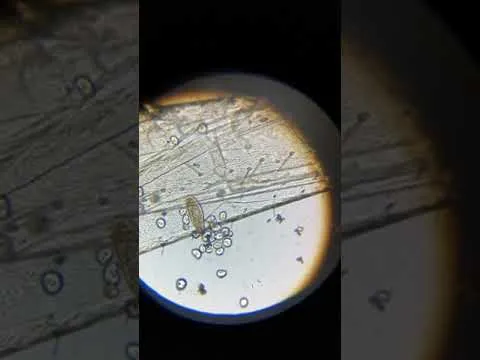
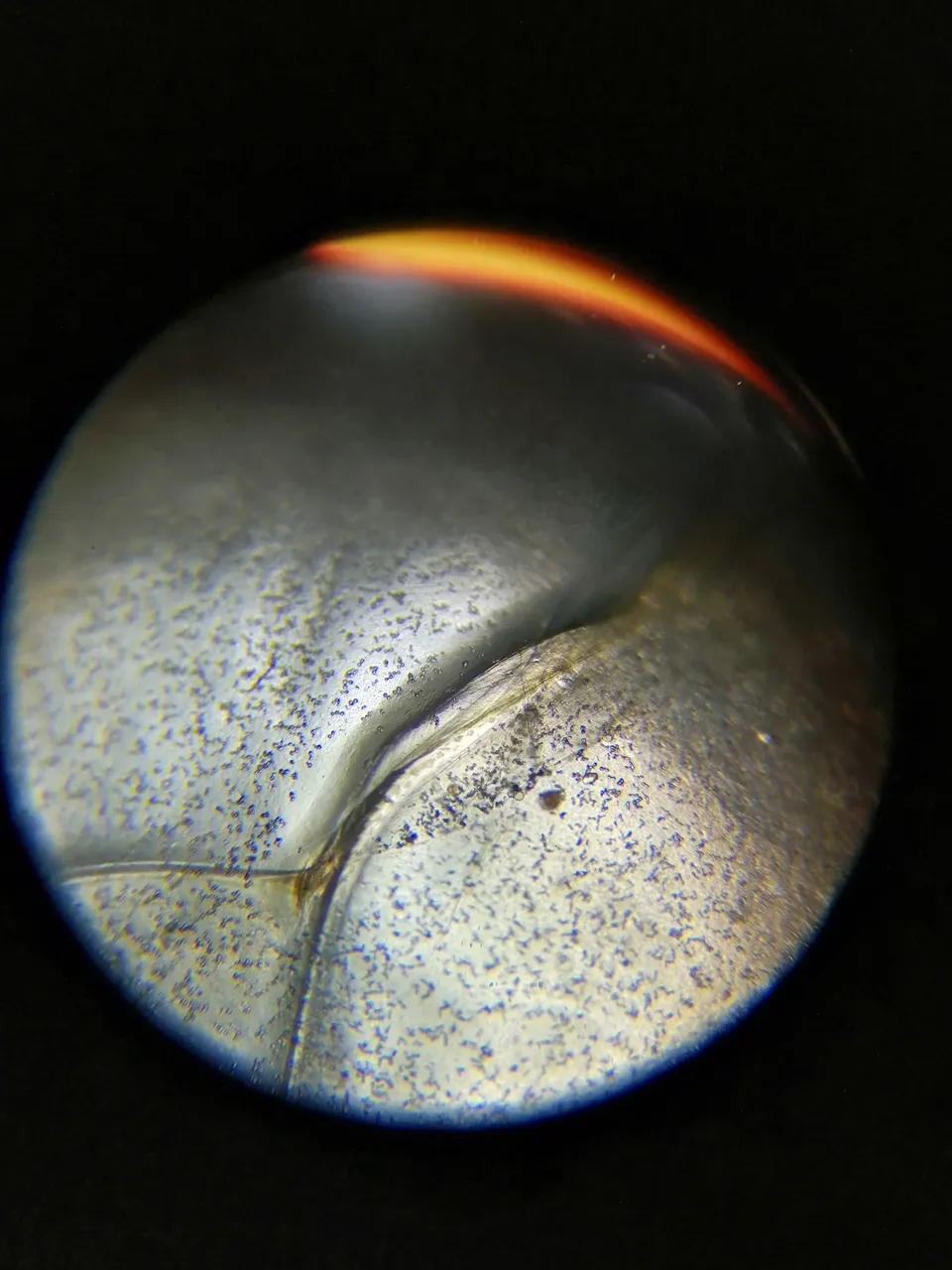
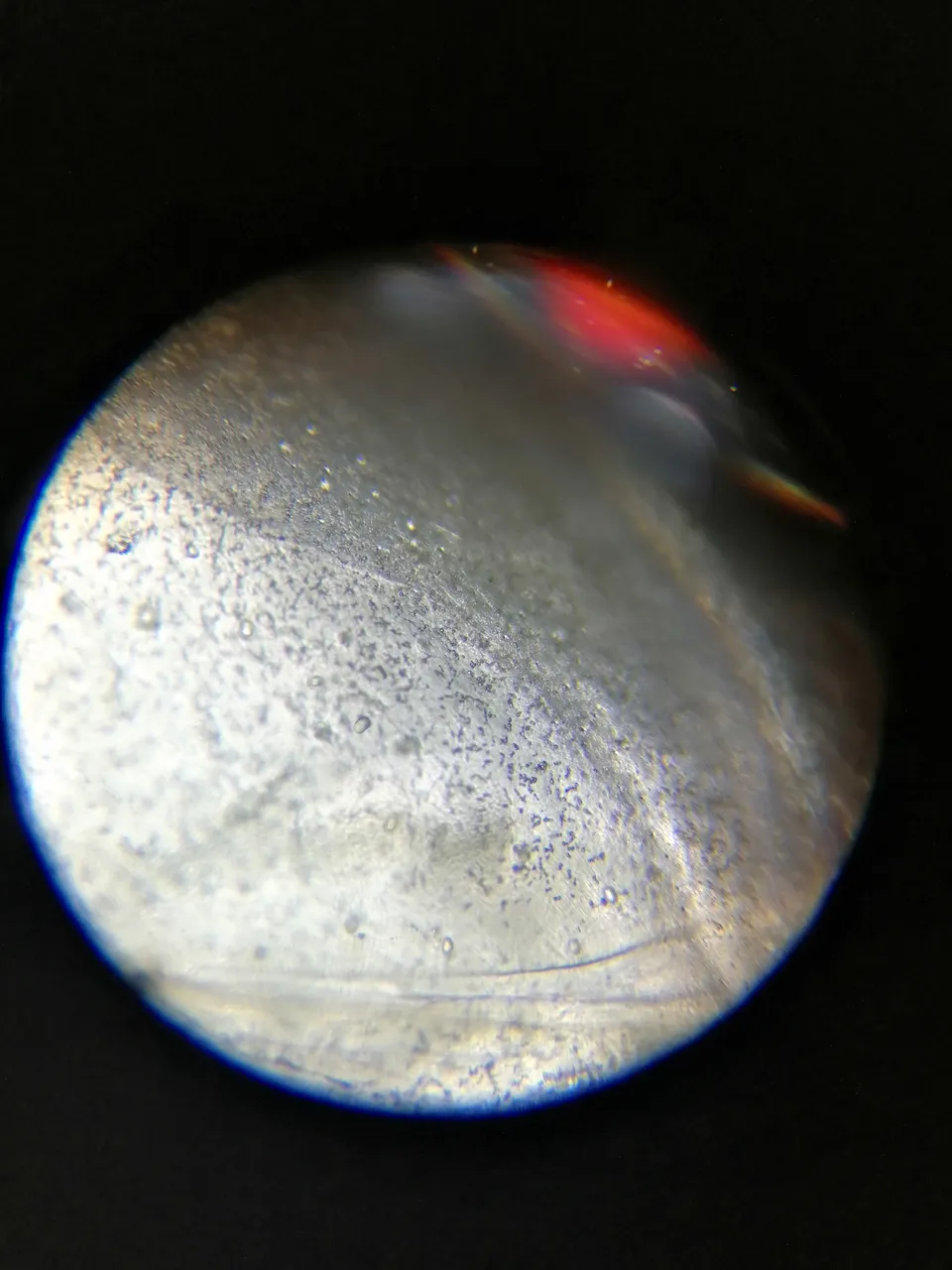
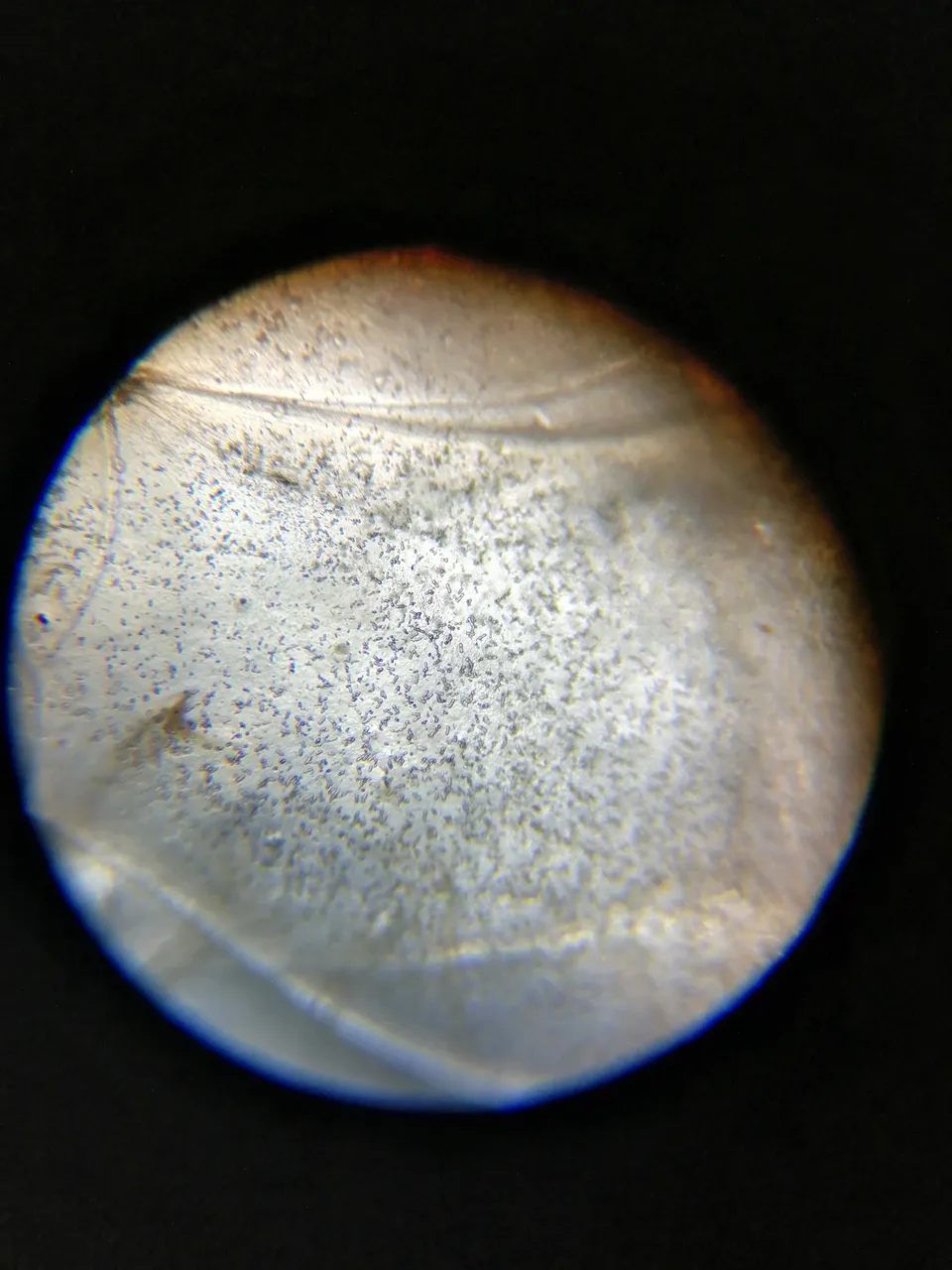
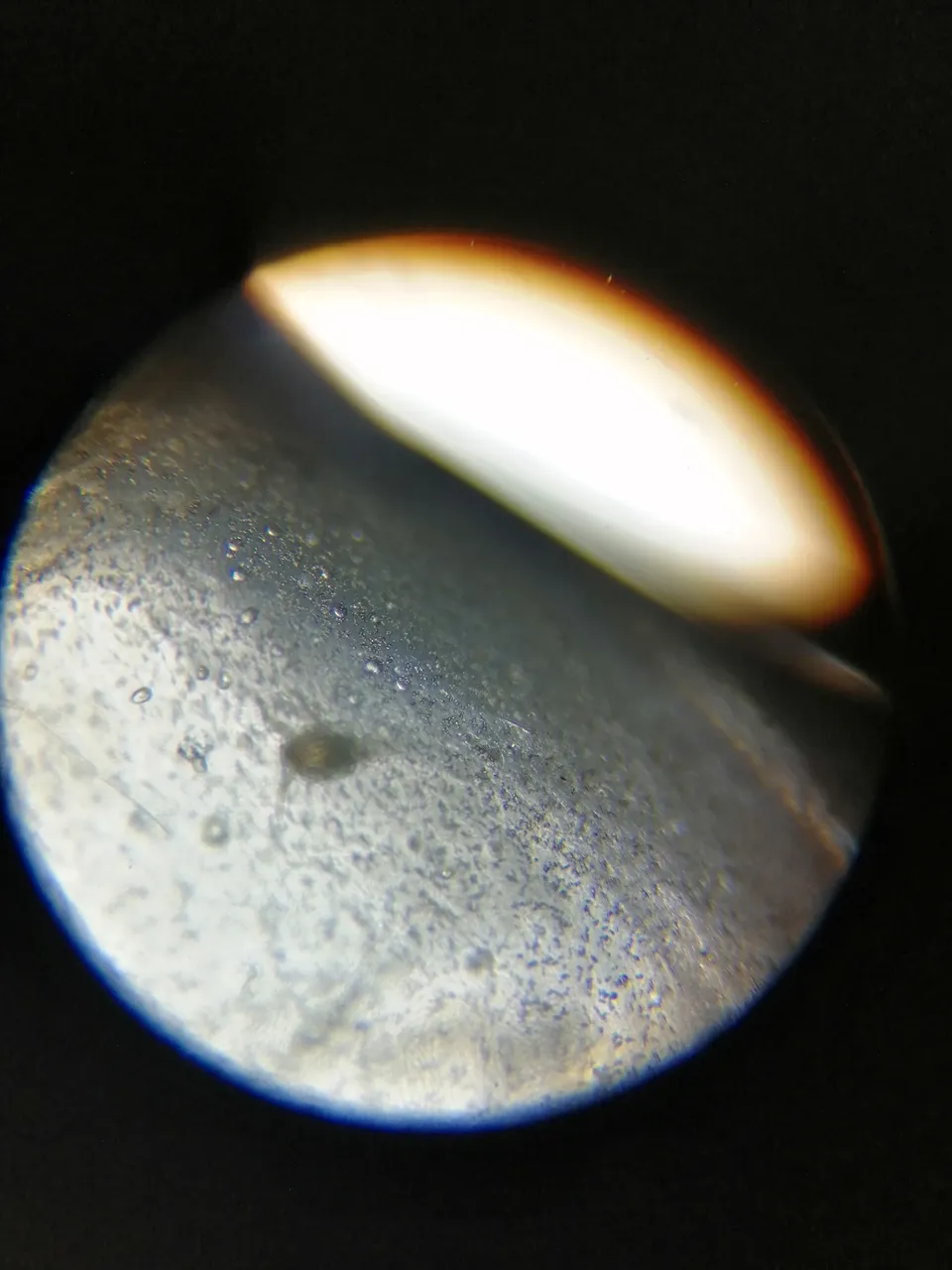
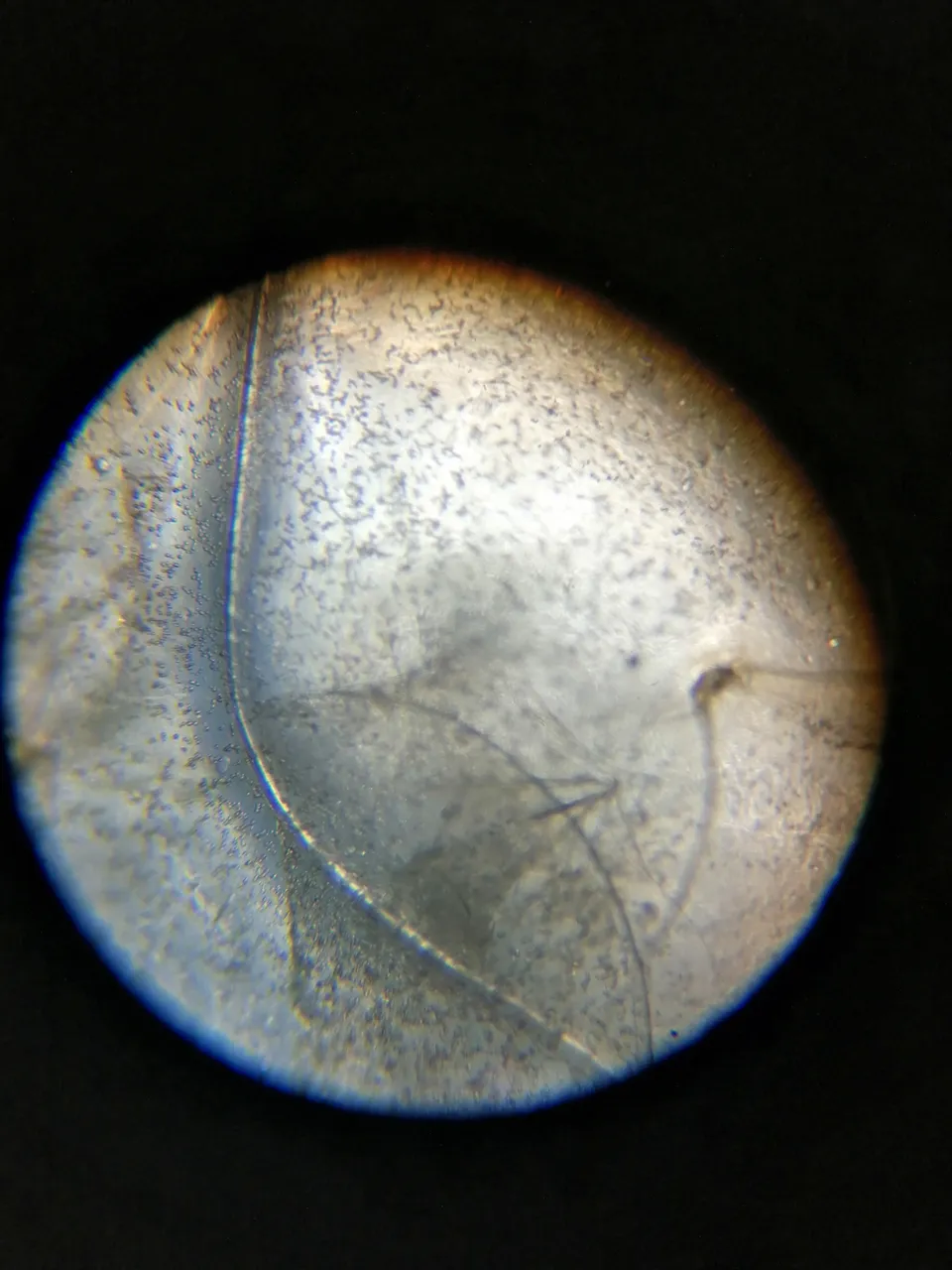
Imagine a world where the food chain is divided into two steps, predator and prey! I mean a lion and a hare! obviously the lion feeds on the hare and controls its population, so who decomposes the lion? I mean, in a trophic chain where decomposers do not exist, those that are higher in the chain would never be decomposed into simpler matter!🤔😮
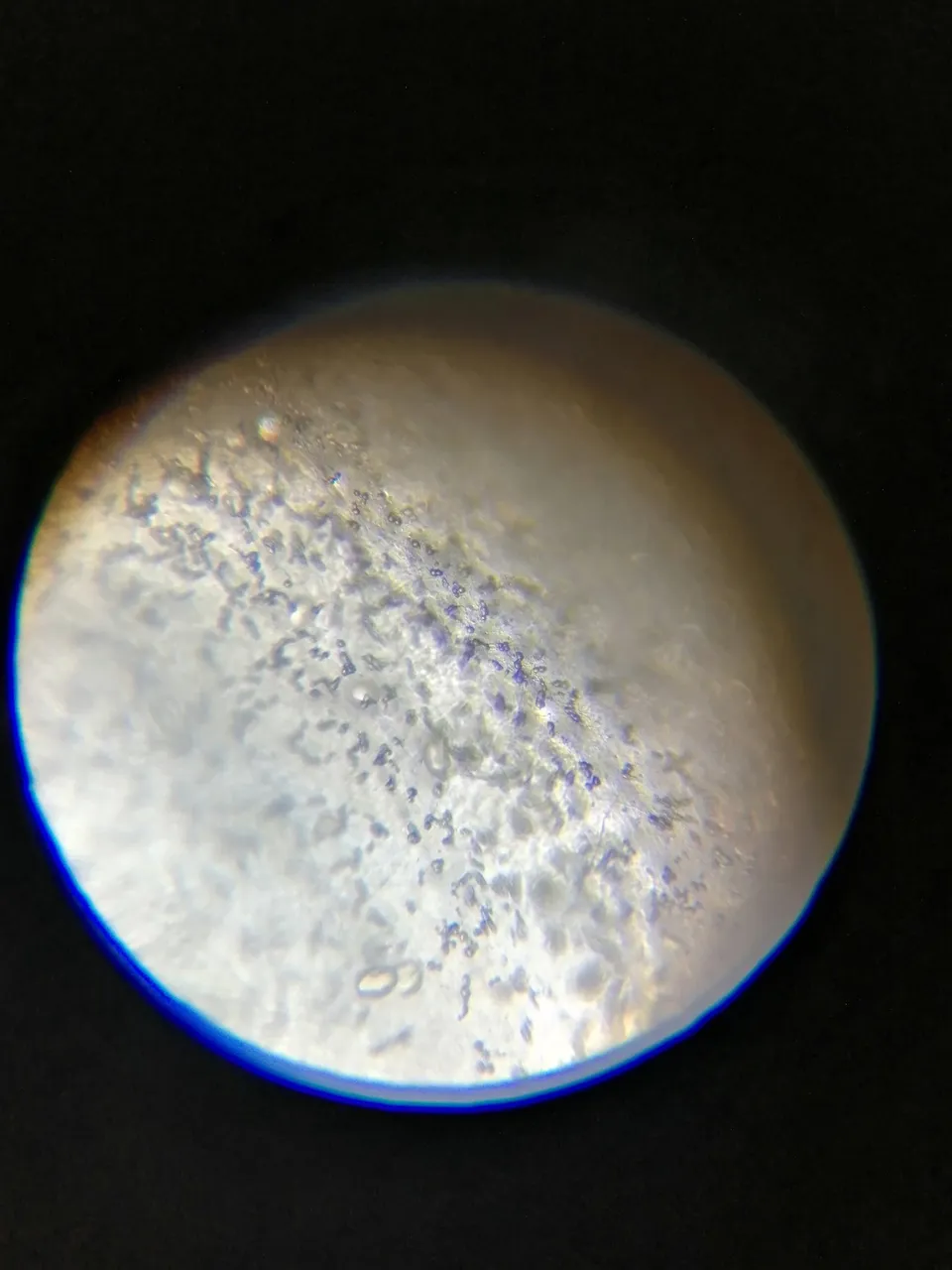

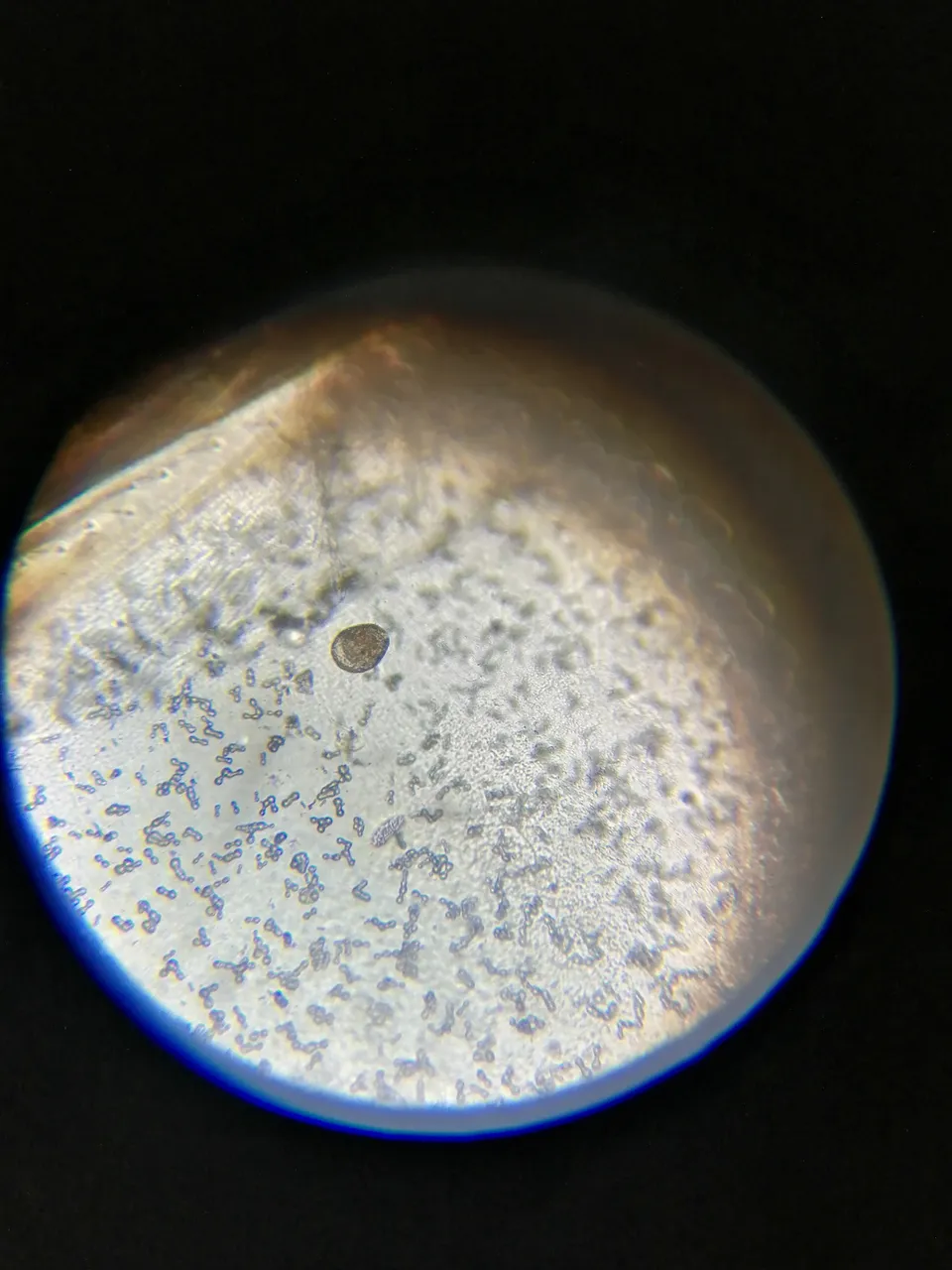
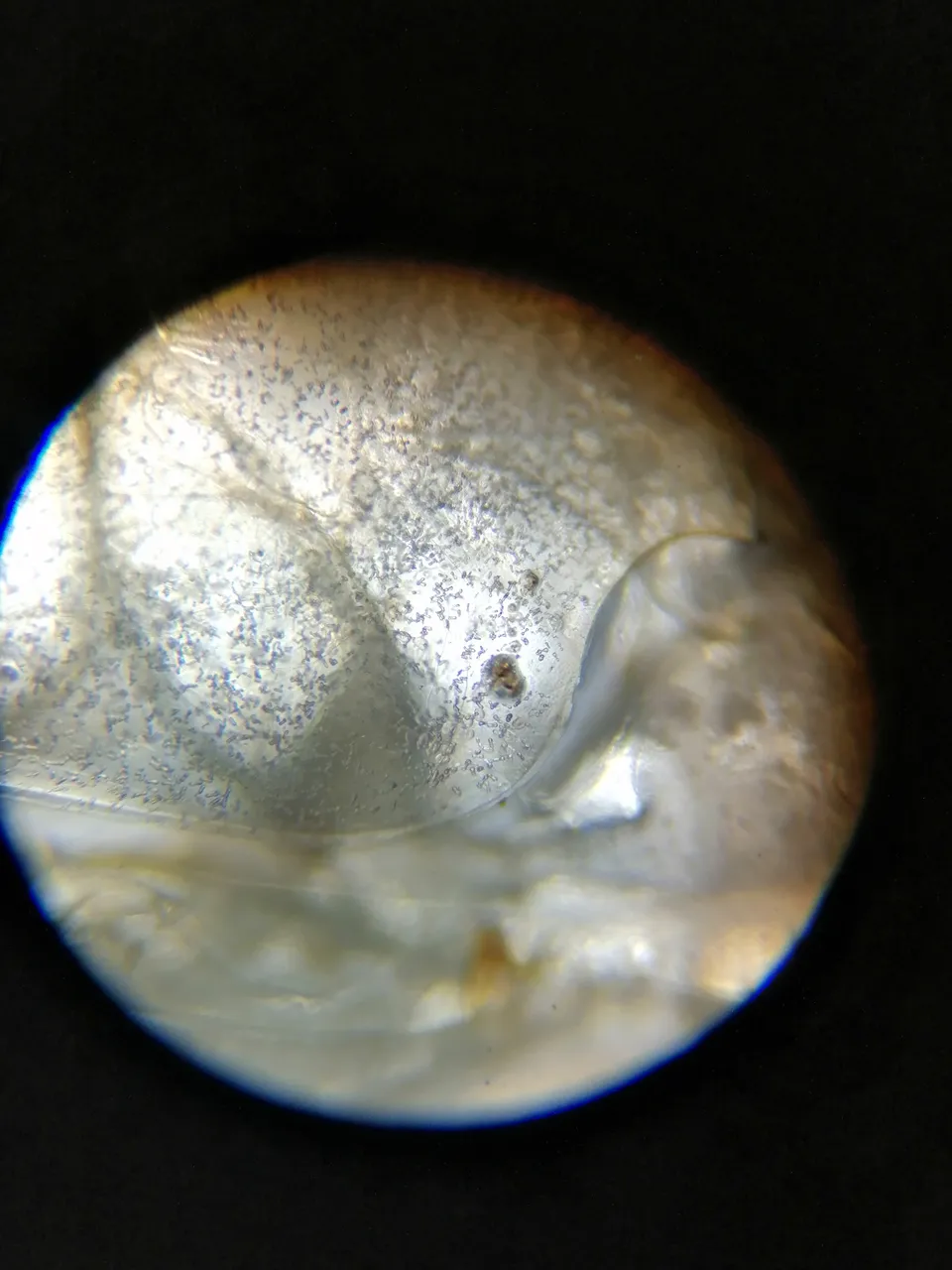
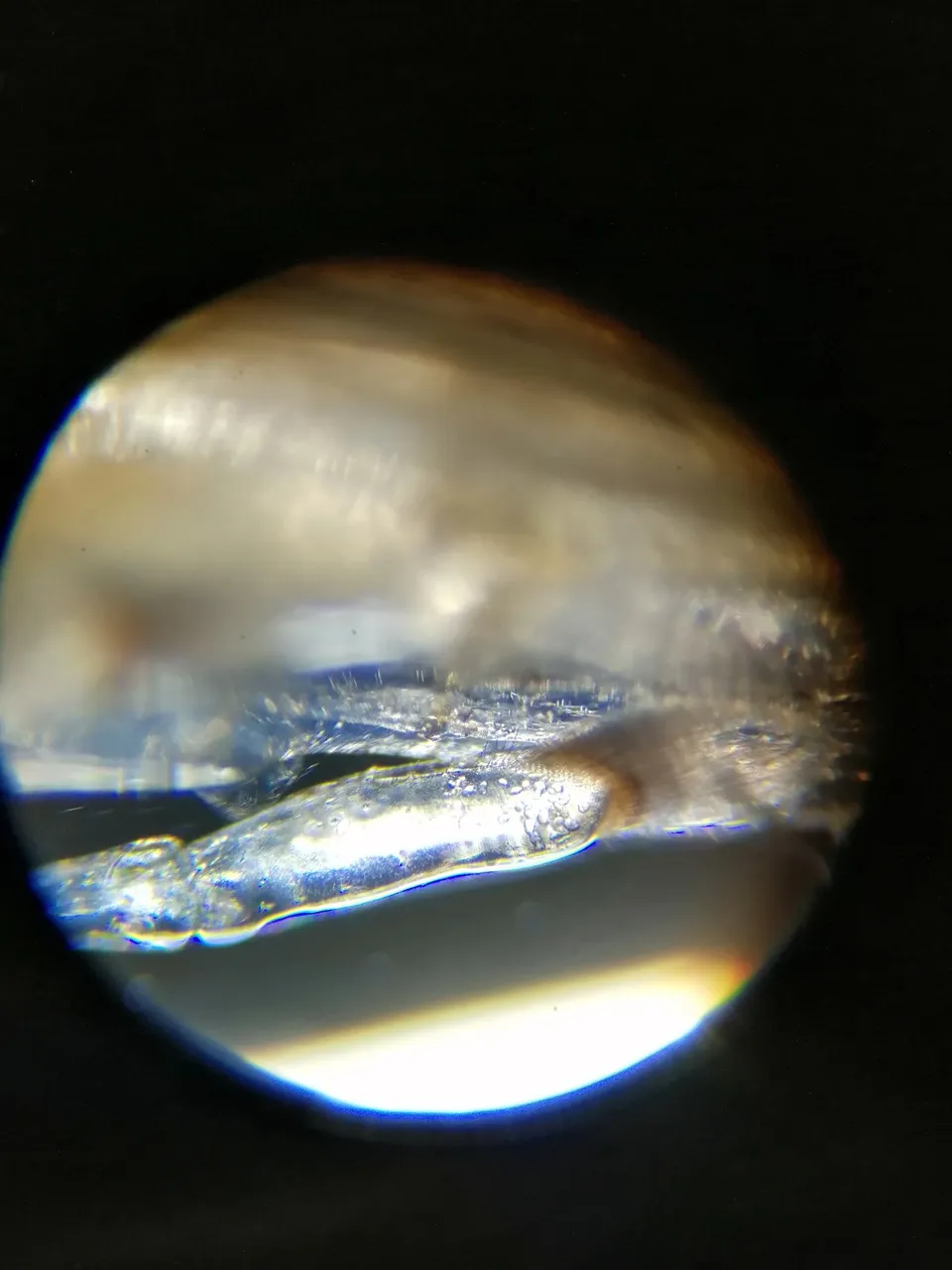
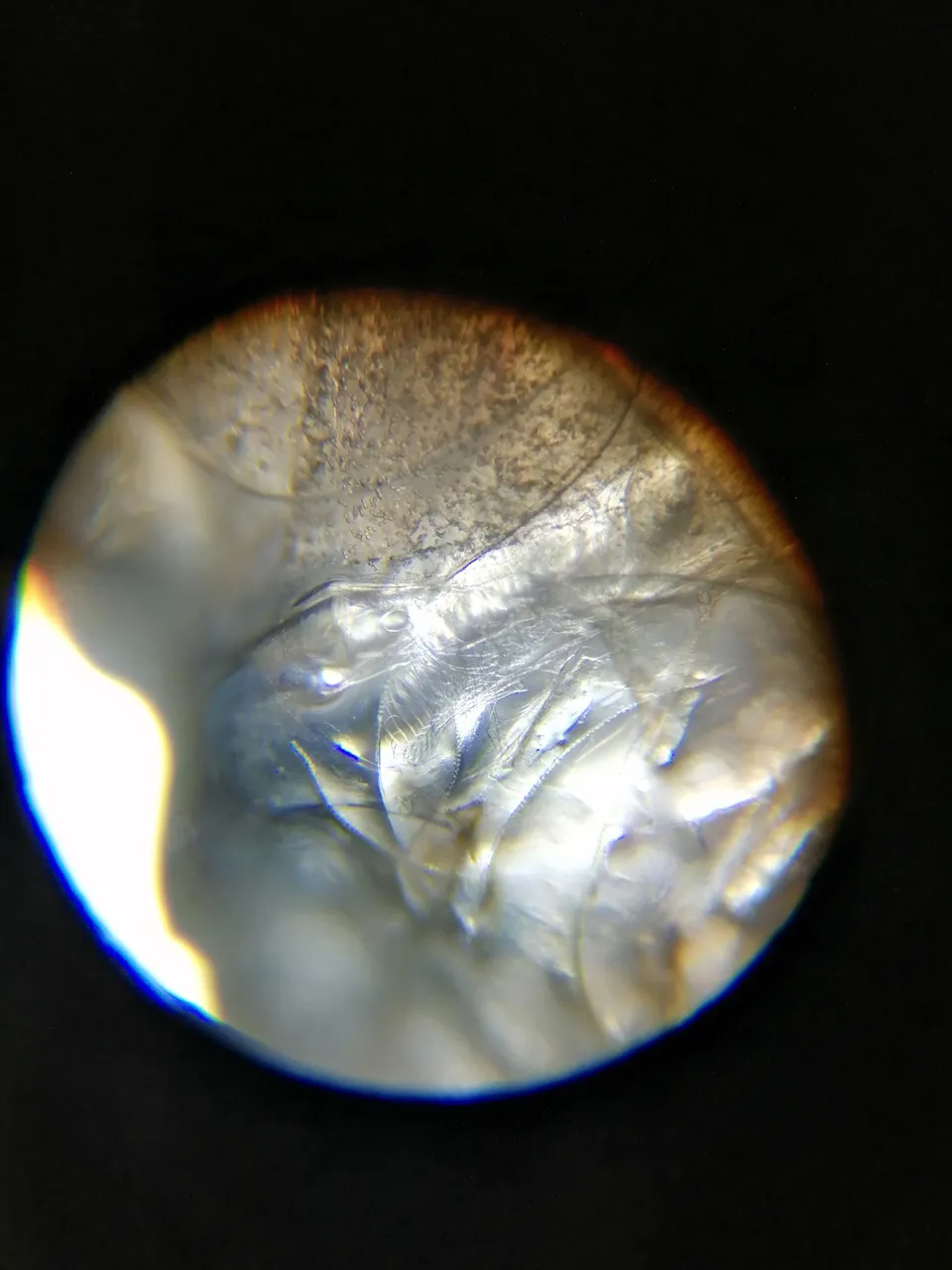
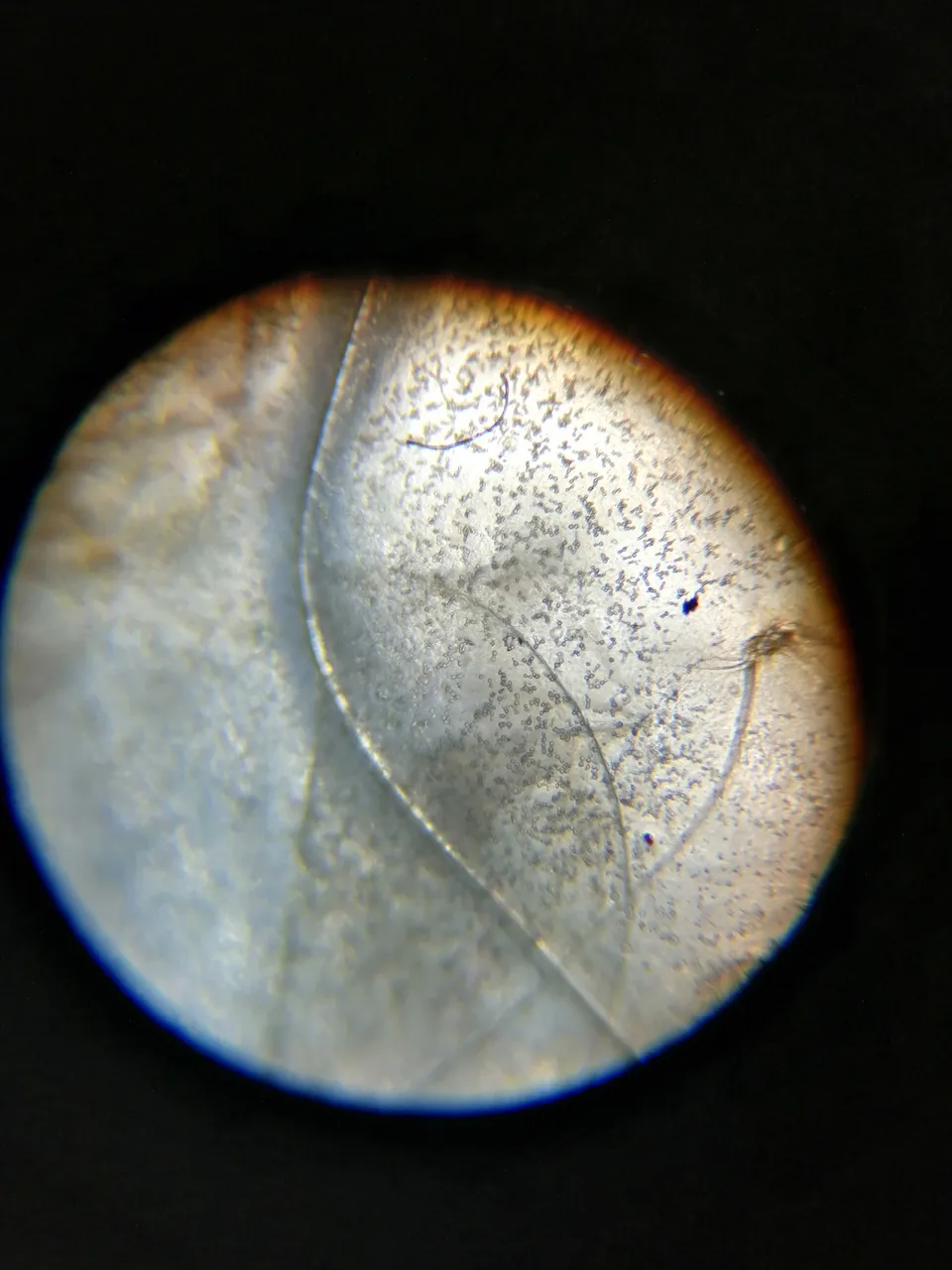
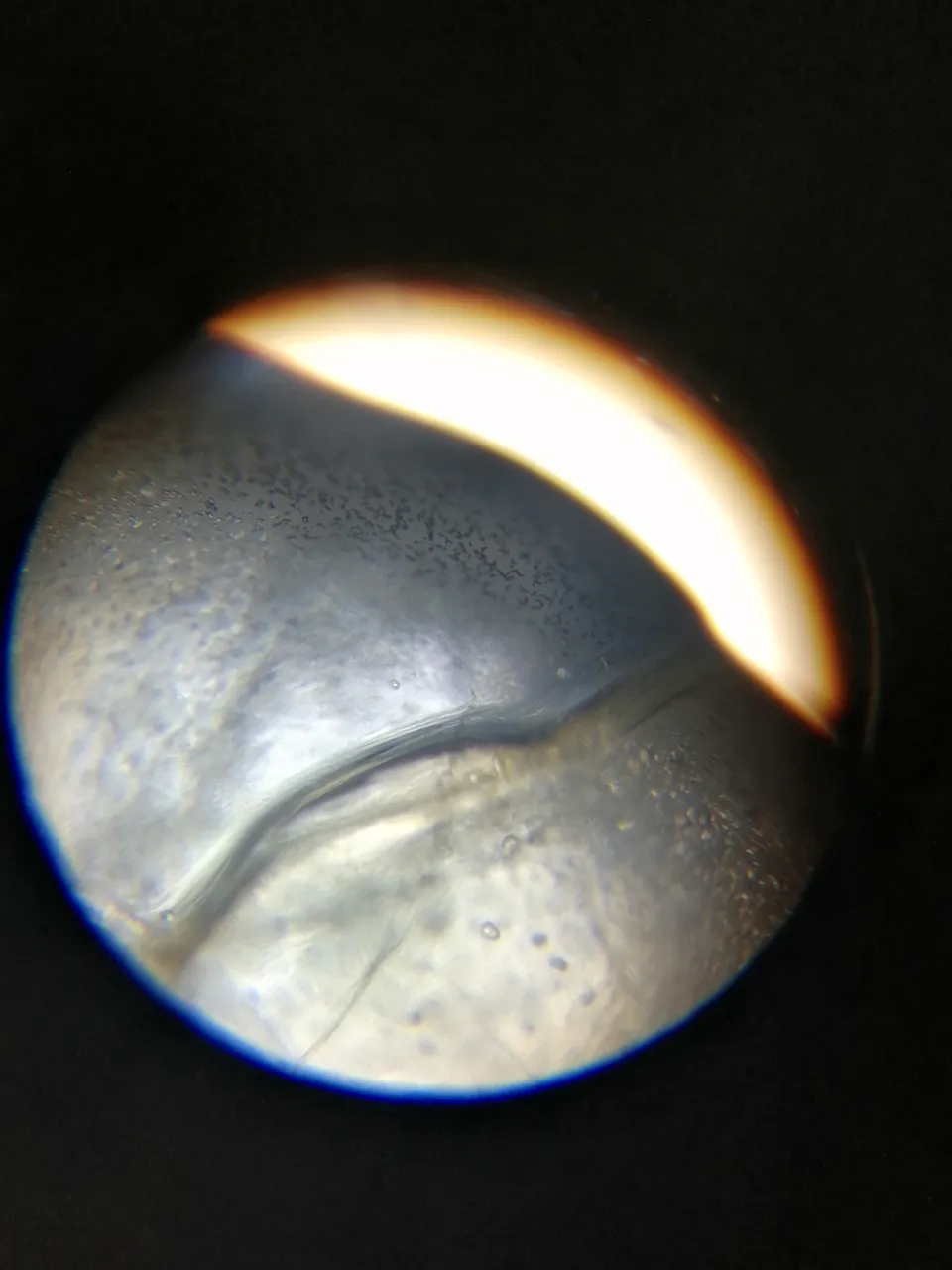
As I mentioned earlier, bacteria are great heterotrophic decomposers (IT DOES NOT PRODUCE ITS OWN FOOD), bacteria have a variety of species that can decompose different types of organic matter, and we could find them free in nature, even in our intestines! when a living being dies they carry out the work of oxidation, fermentation and tissue degradation!🙂🙂🦾🧠🧠🧠😶😮😣😏😏😏😏1️⃣1️⃣1️⃣1️⃣1️⃣
Como mencione anteriormente las bacterias son grandes descomponedores heterotrofos (NO PRODUCE SU PROPIO ALIMENTO), las bacterias cuentan con una variedad de especies que pueden descomponer diferentes tipos de materia organica, y podriamos encontrarlos libres en la naturaleza, hasta en nuestros intestinos! cuando un ser vivo muere ellos realizan el trabajo de oxidacion, fermentacion y degradacion de tejidos!🤔🤔


We can observe different decomposing organisms, some more complex in their physiology!💥💥
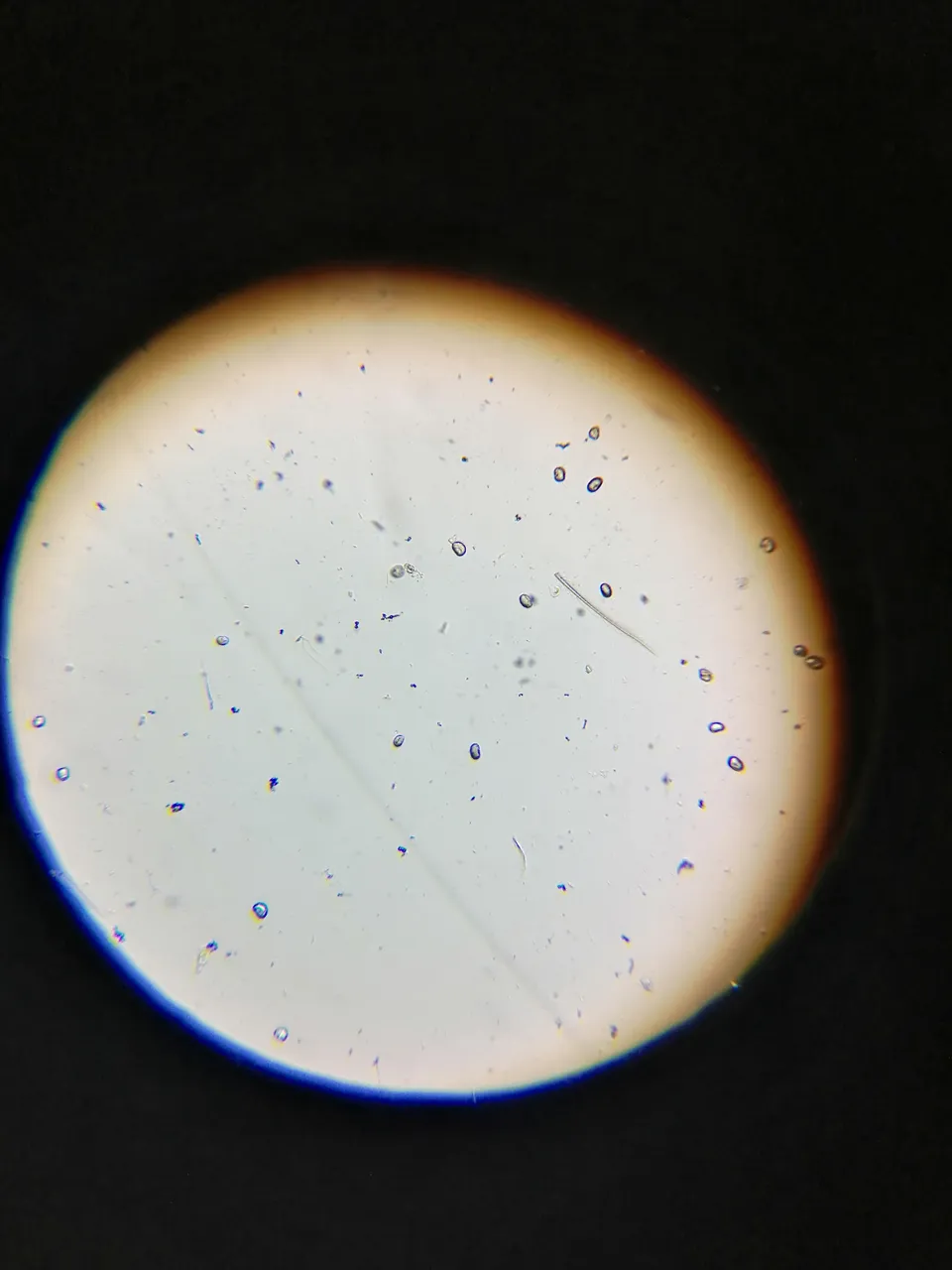
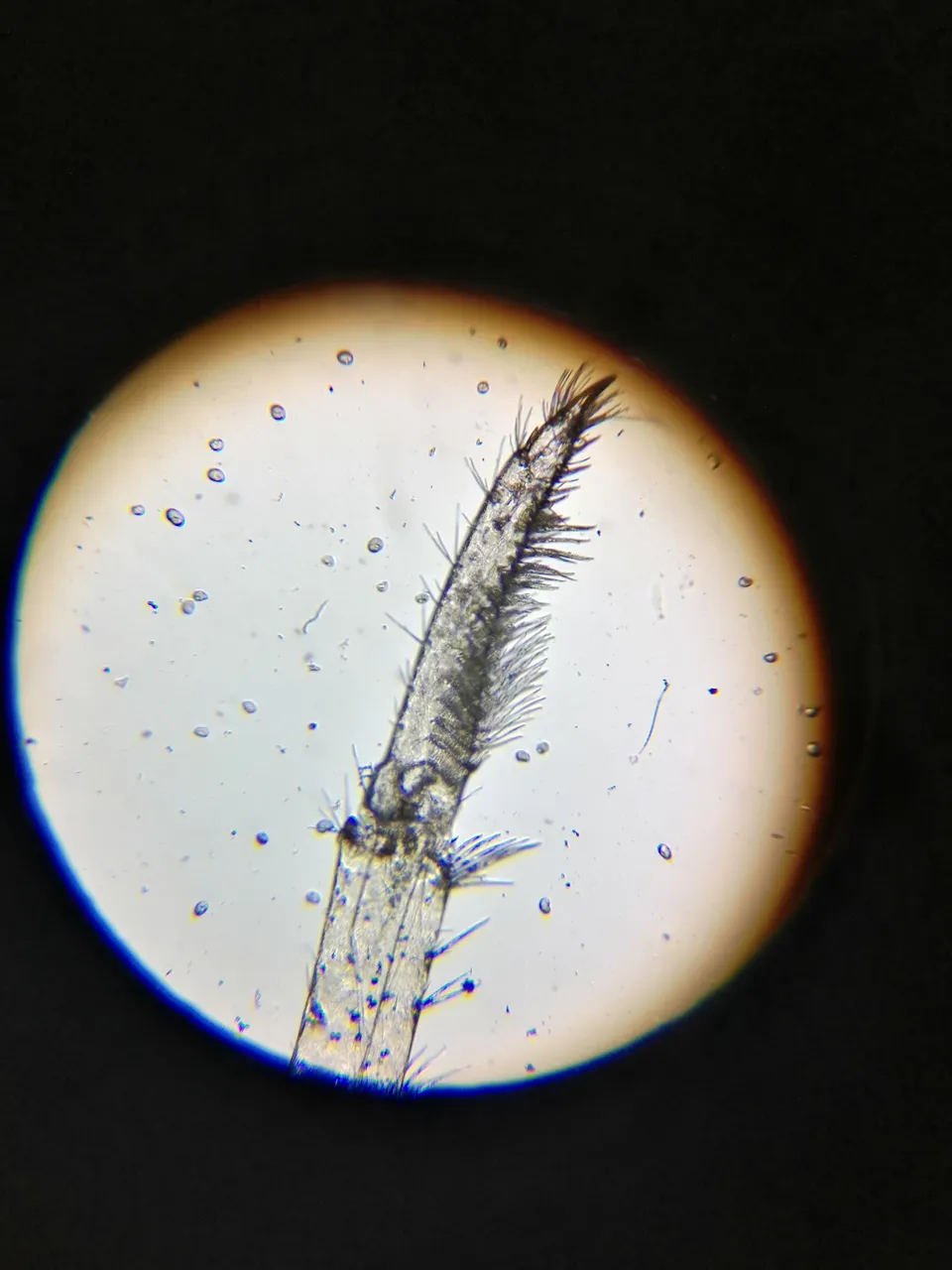
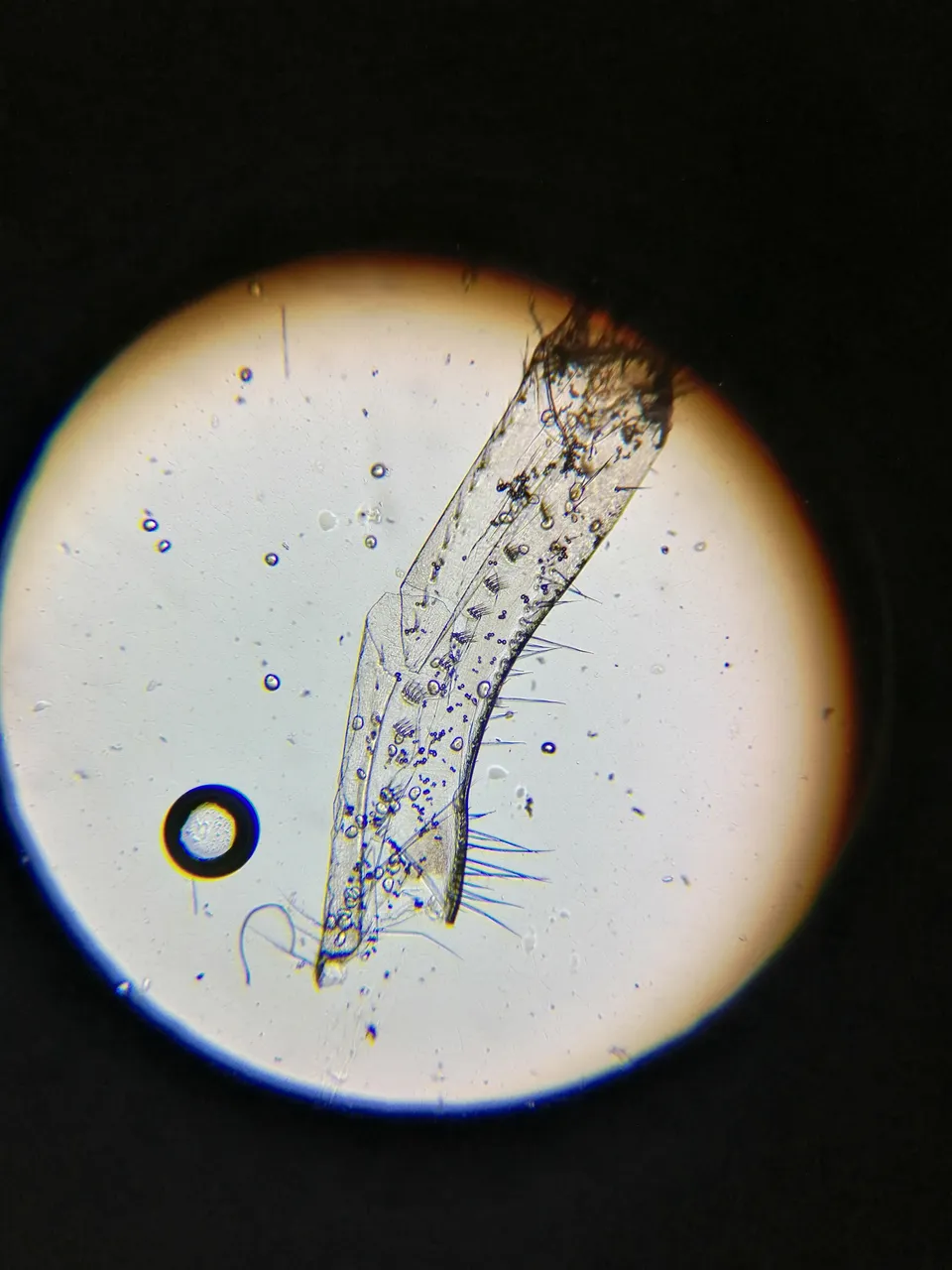
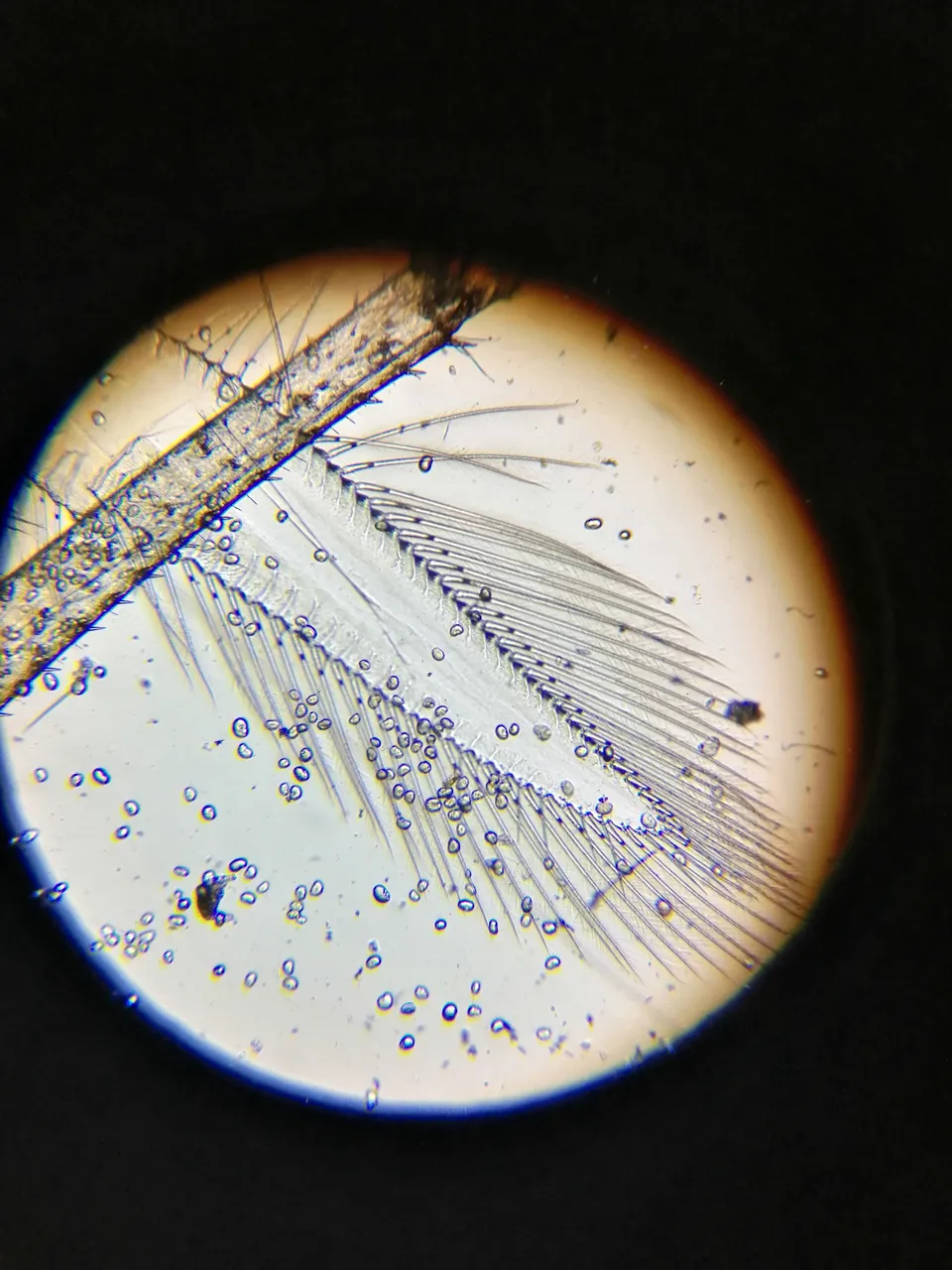
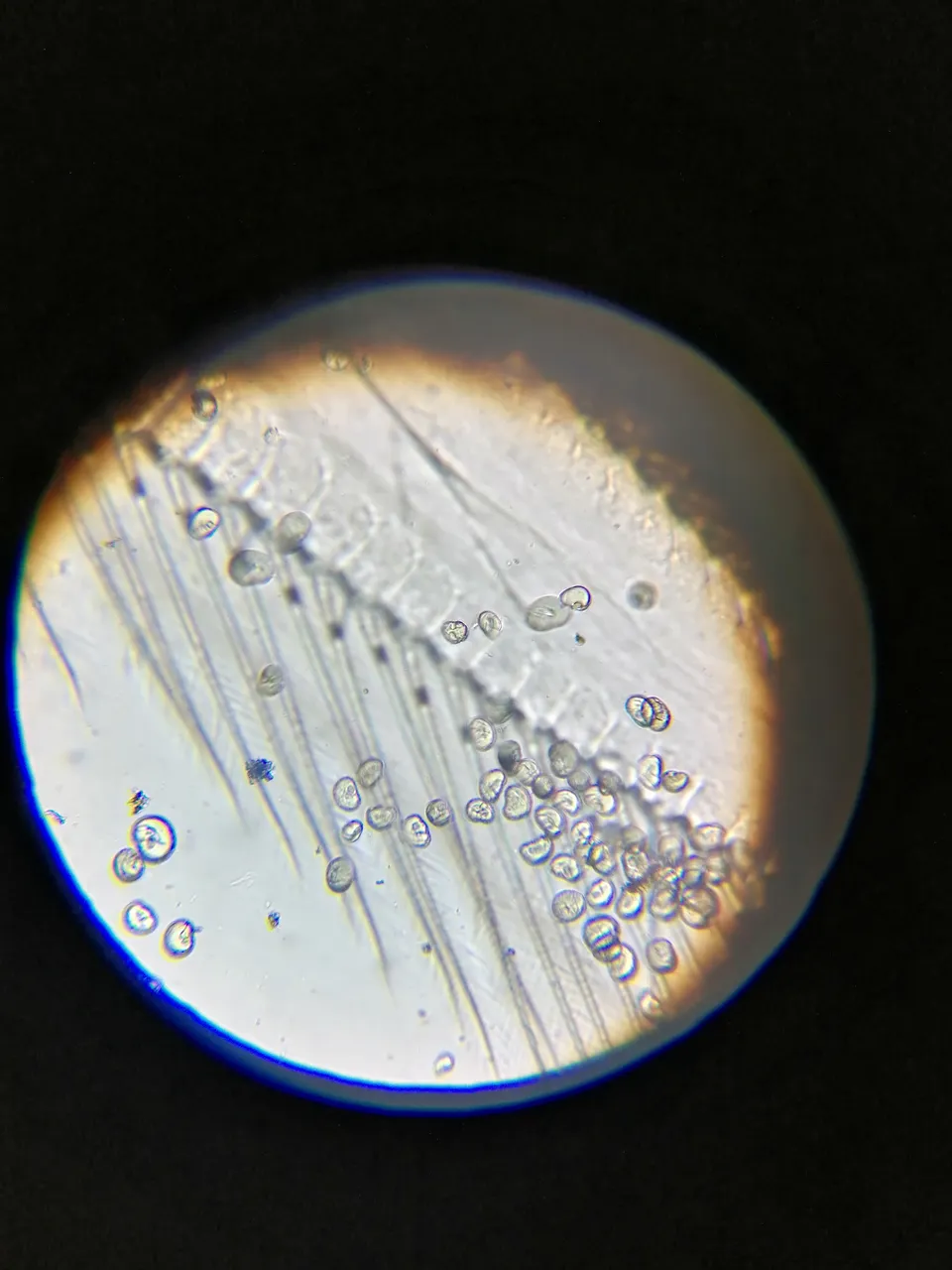
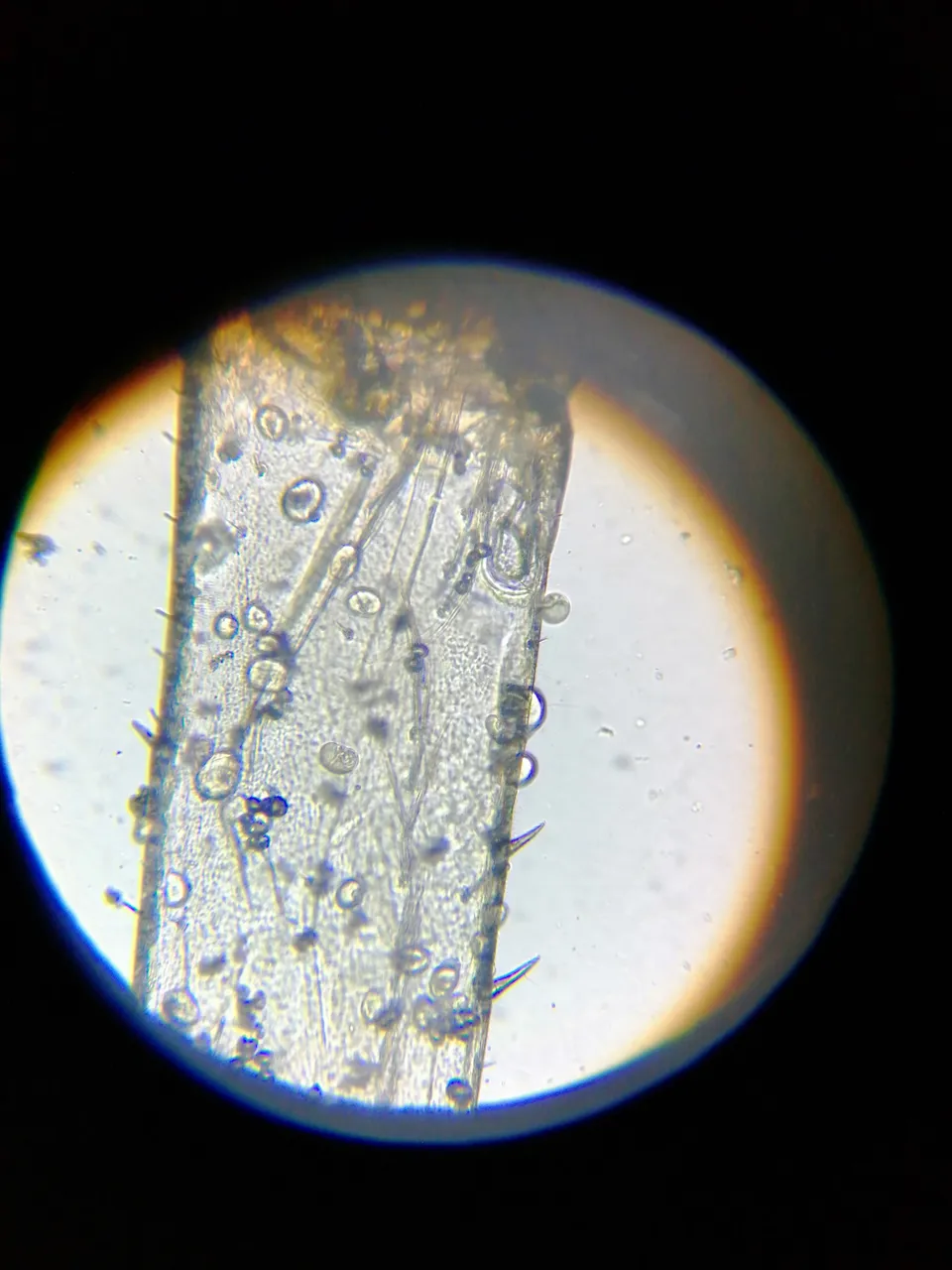
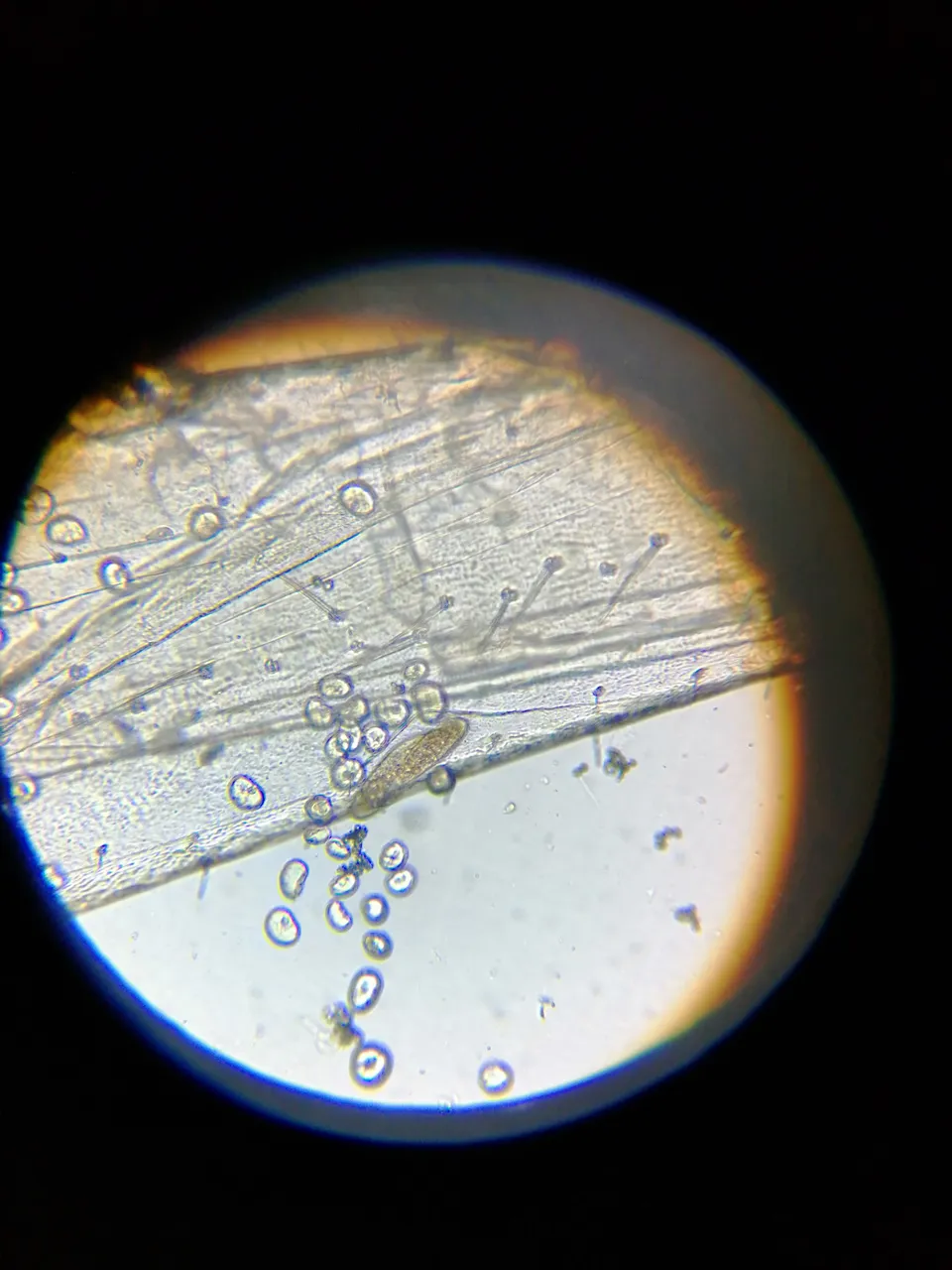
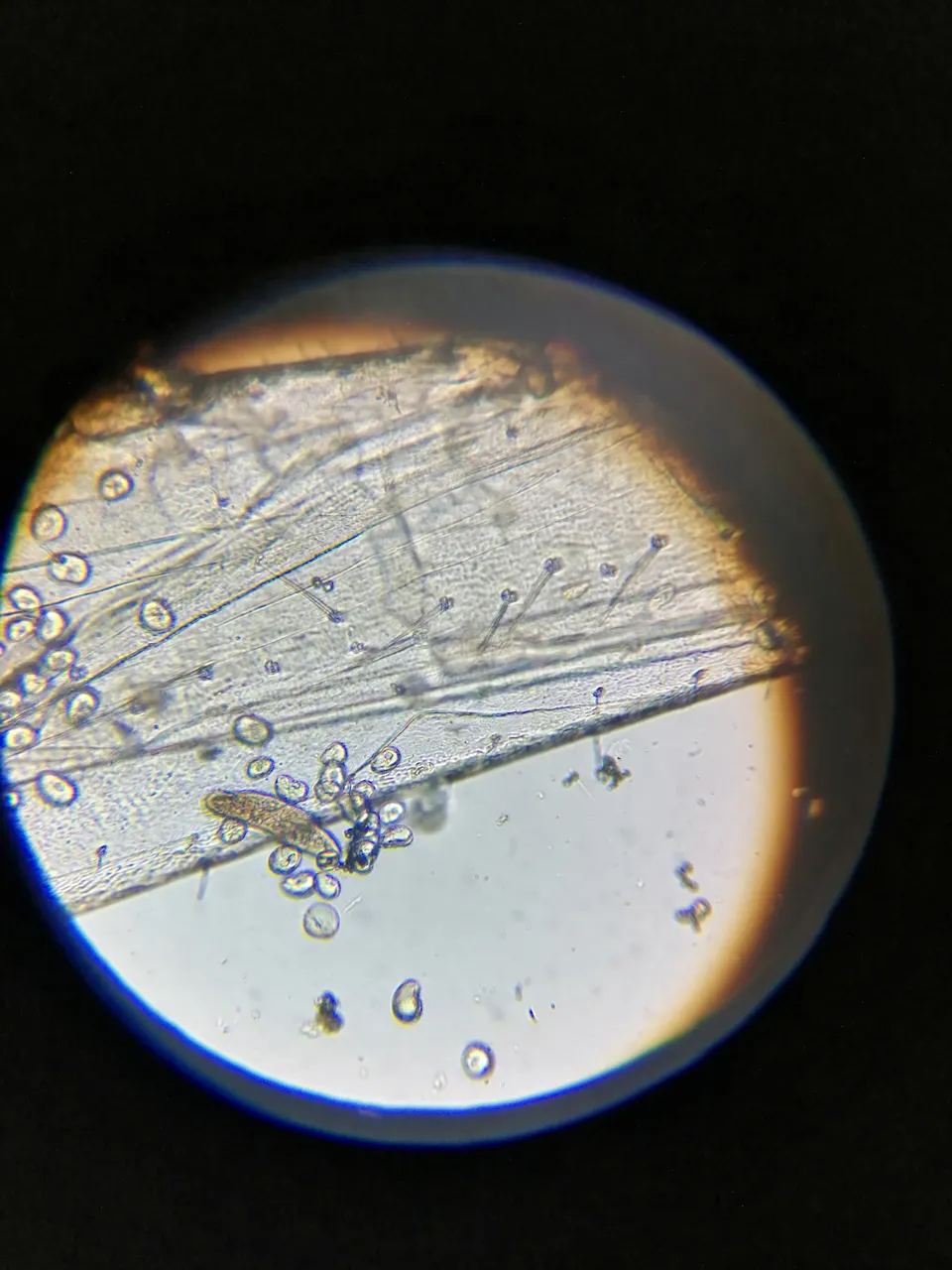
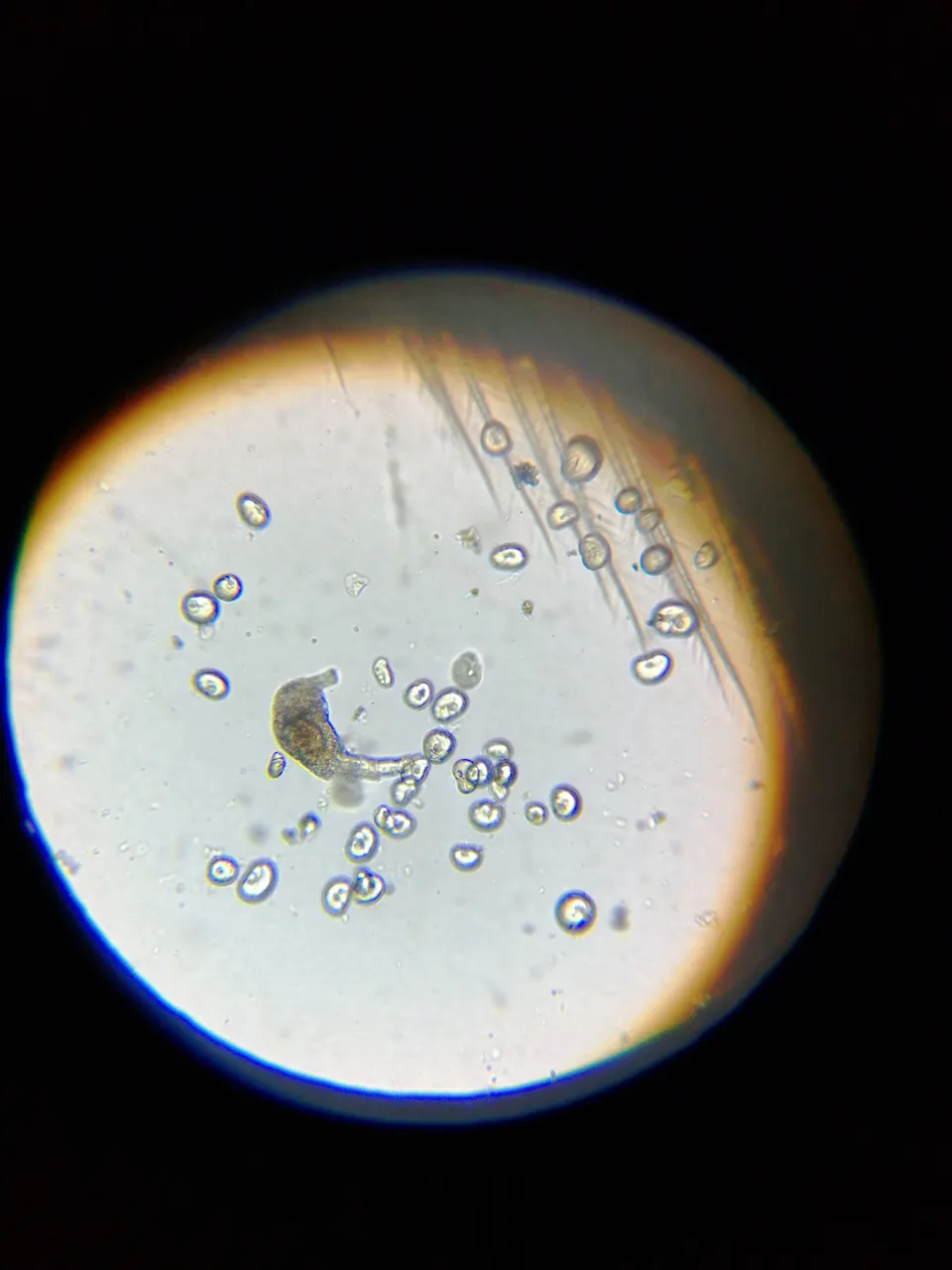
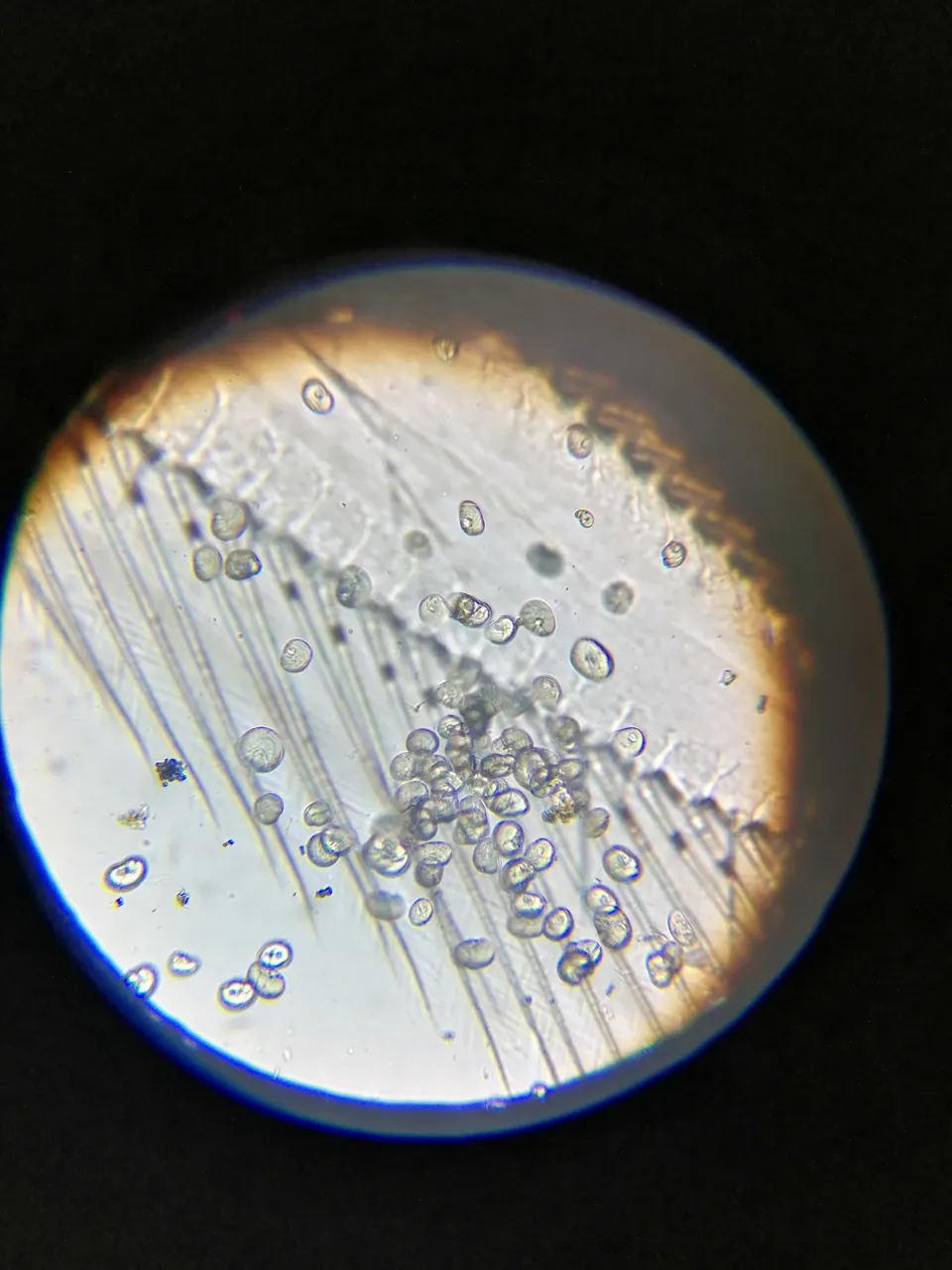

WHY ENERGY ?? / POR QUE ENERGIA🙂🧠🧫👍
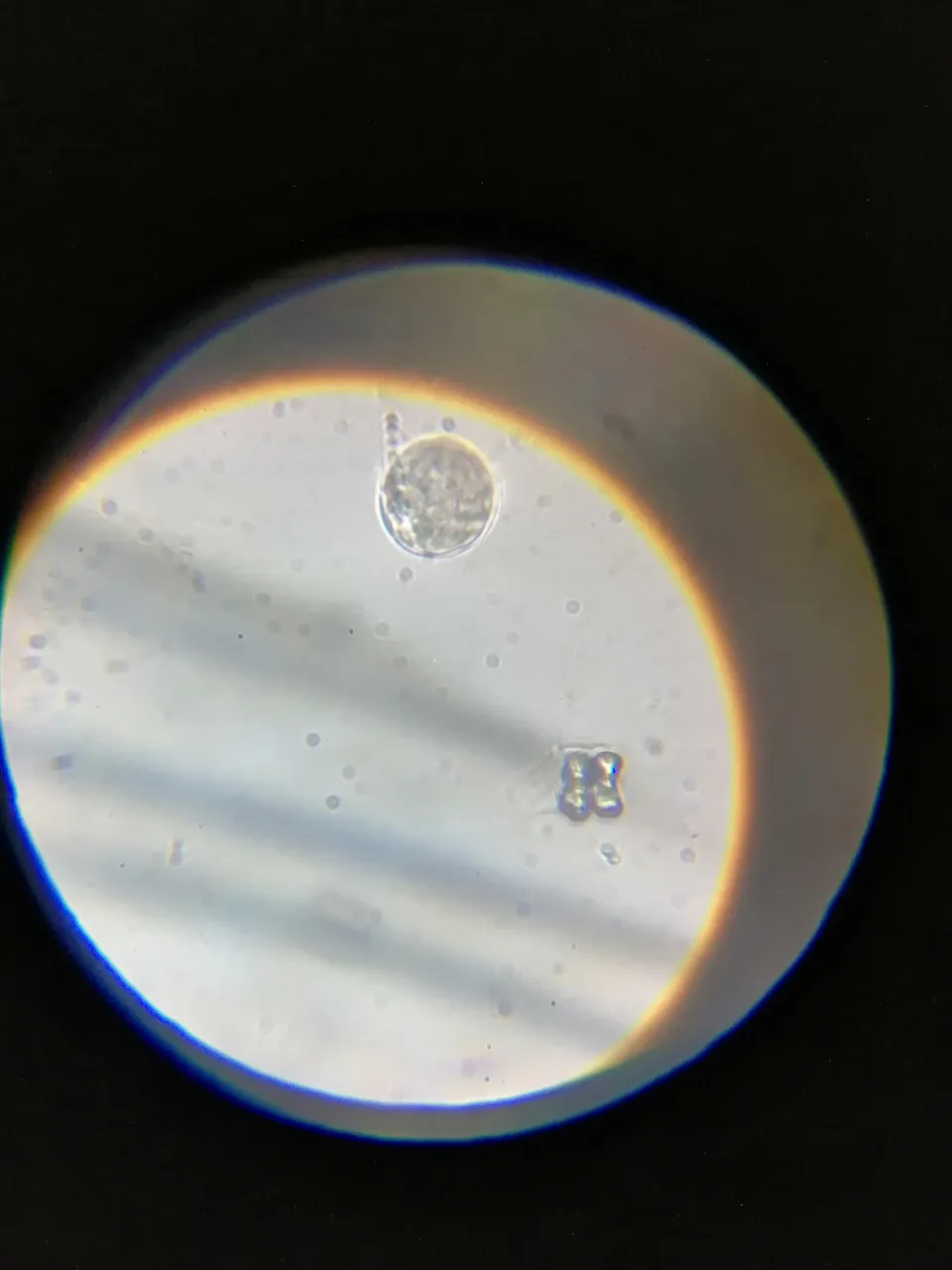
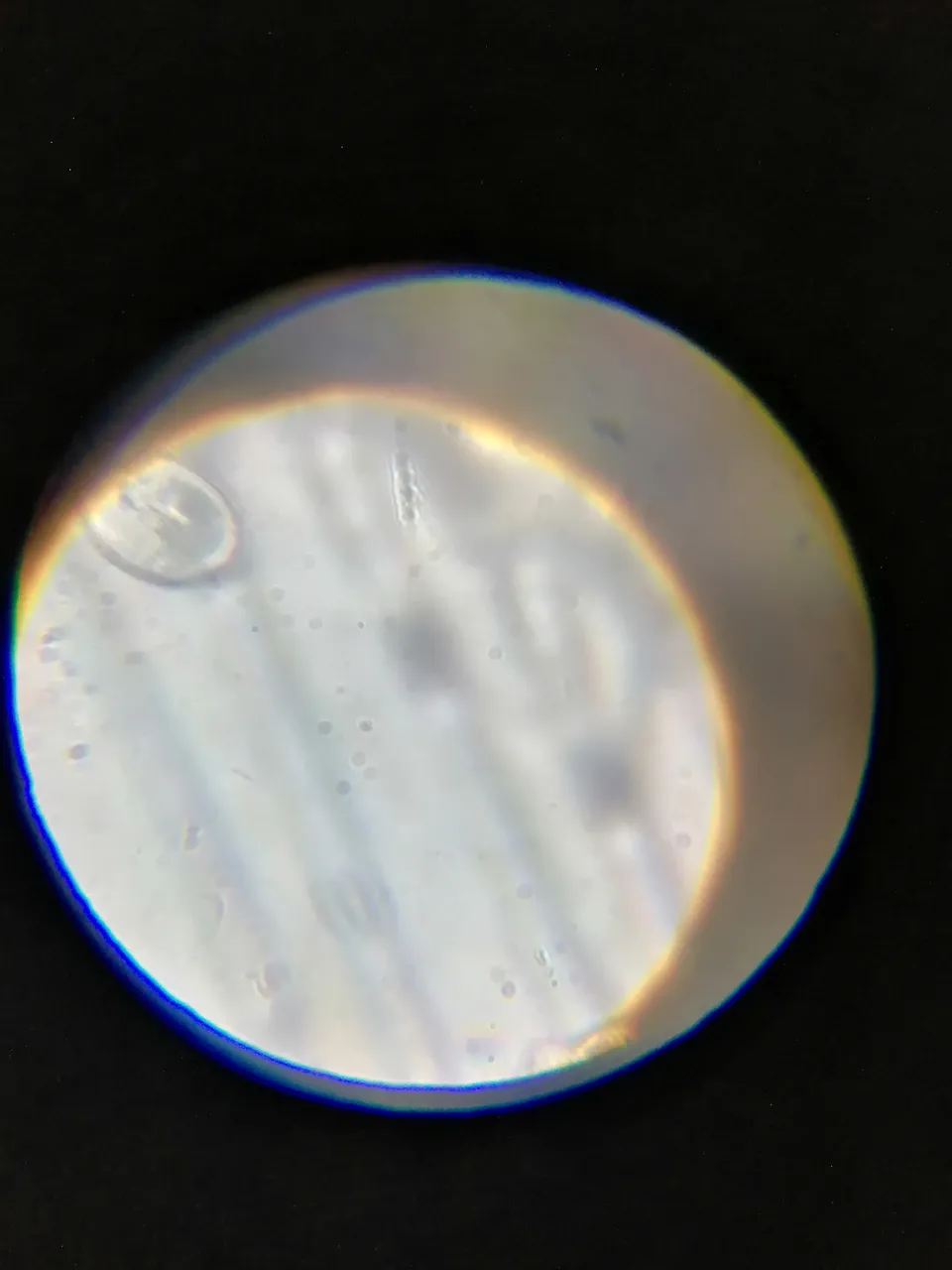
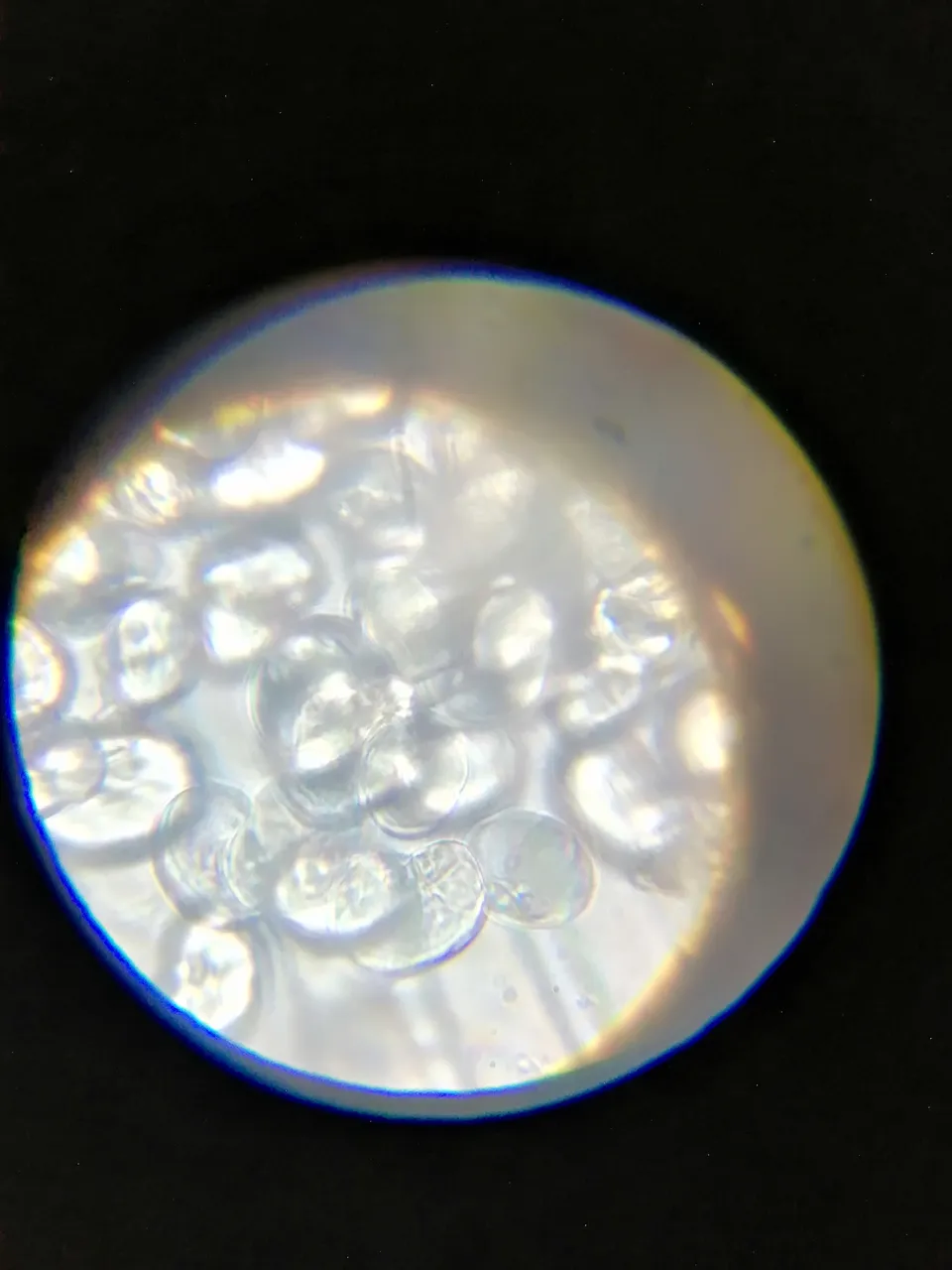
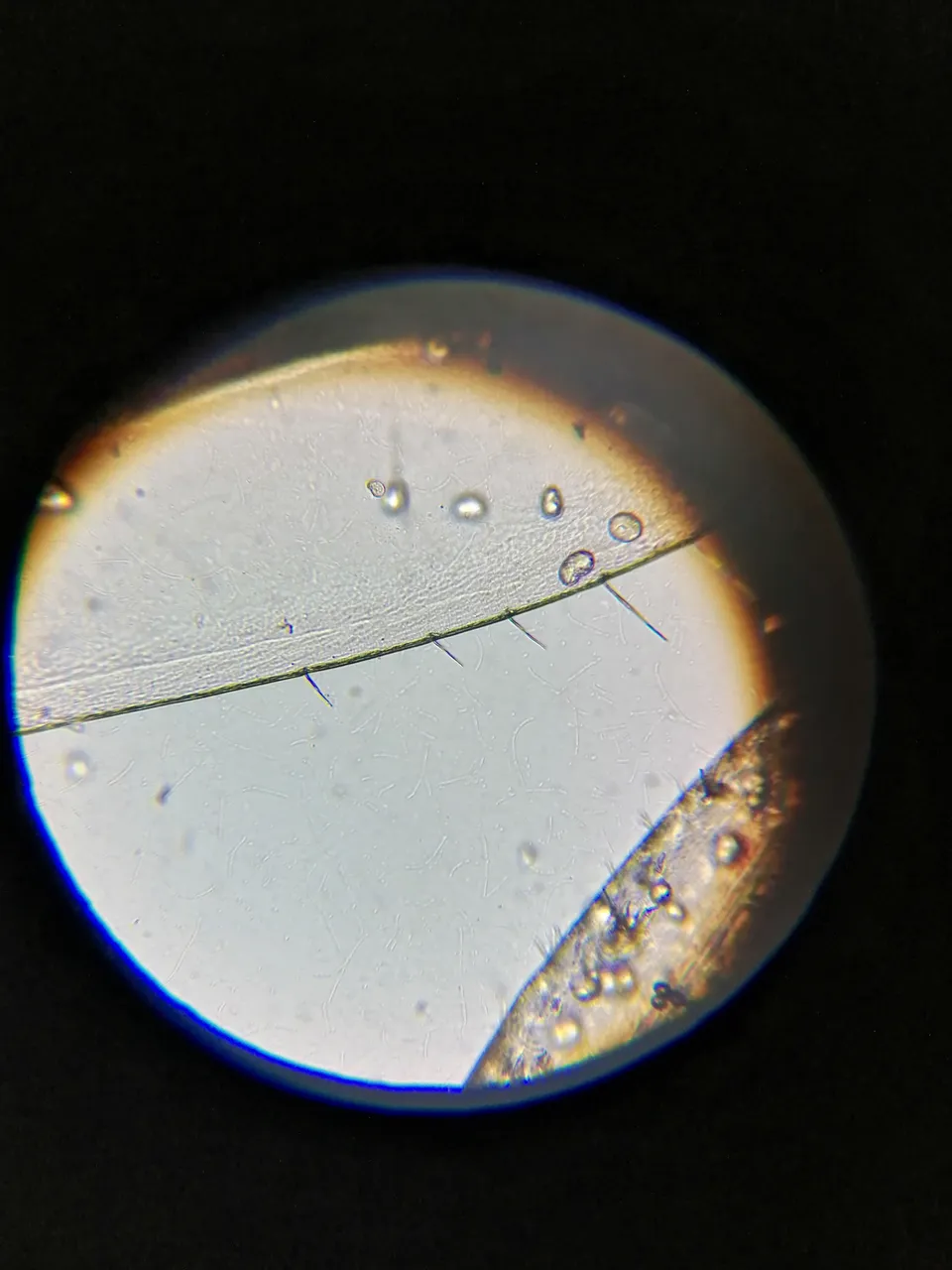

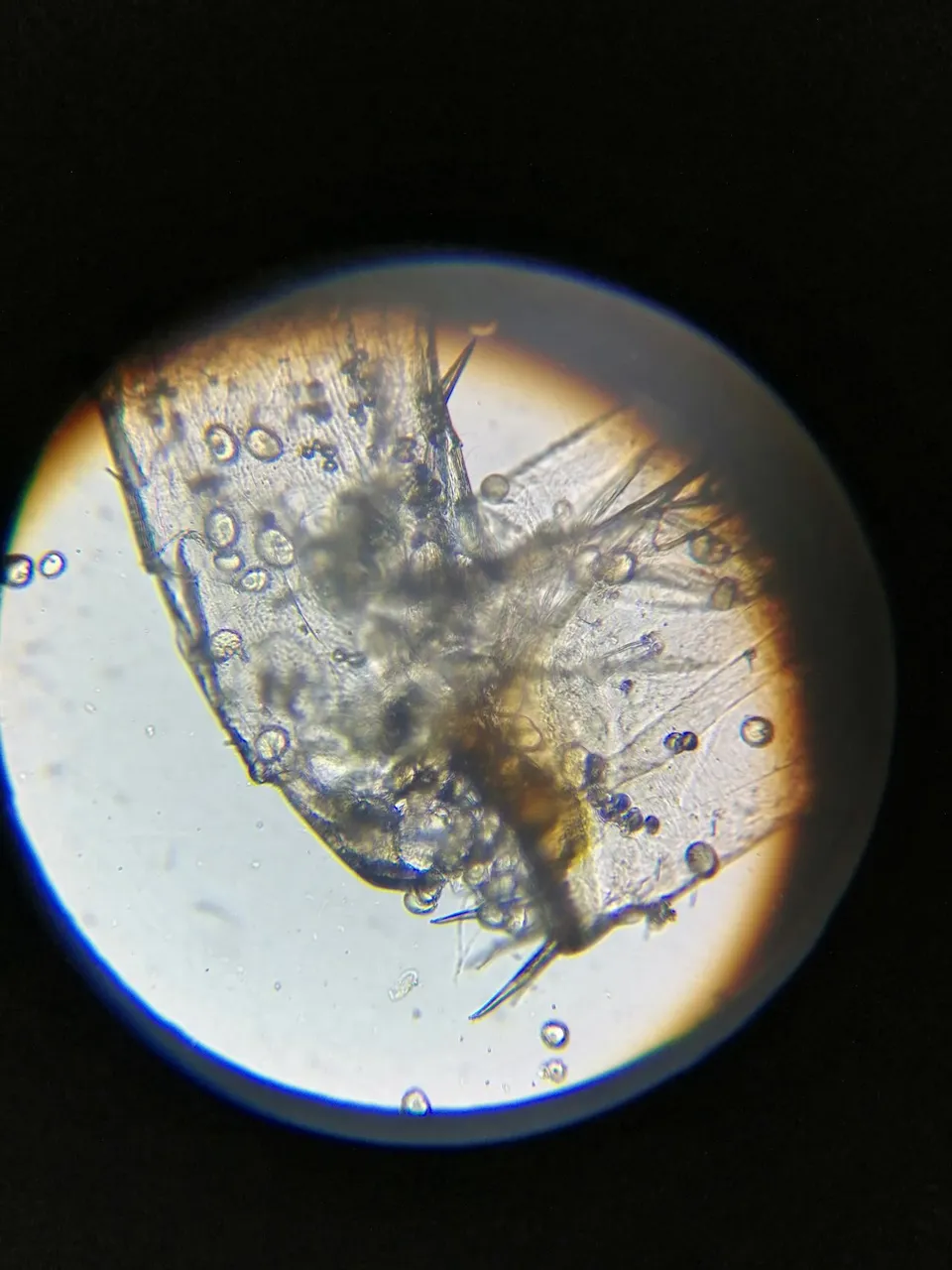
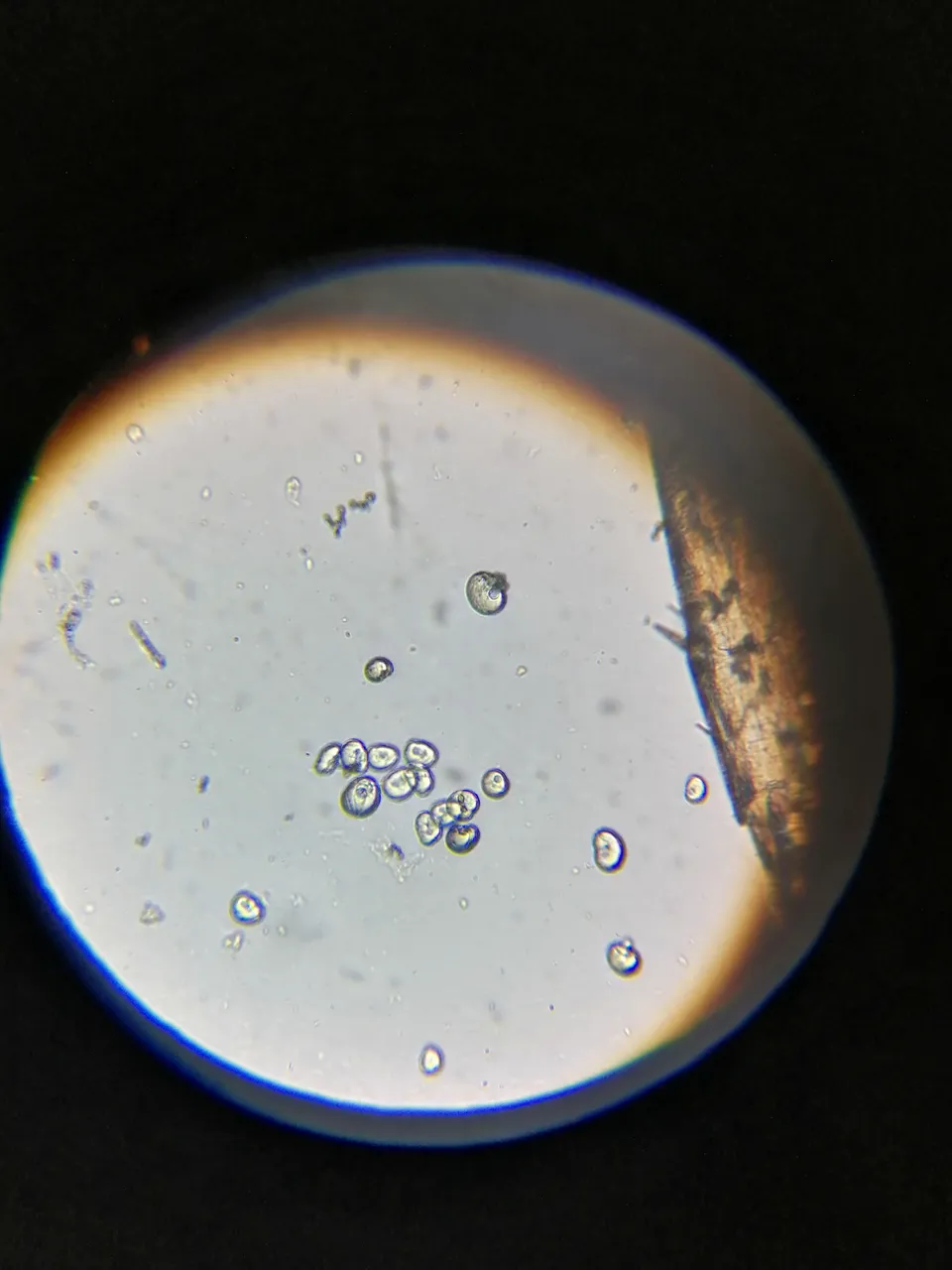
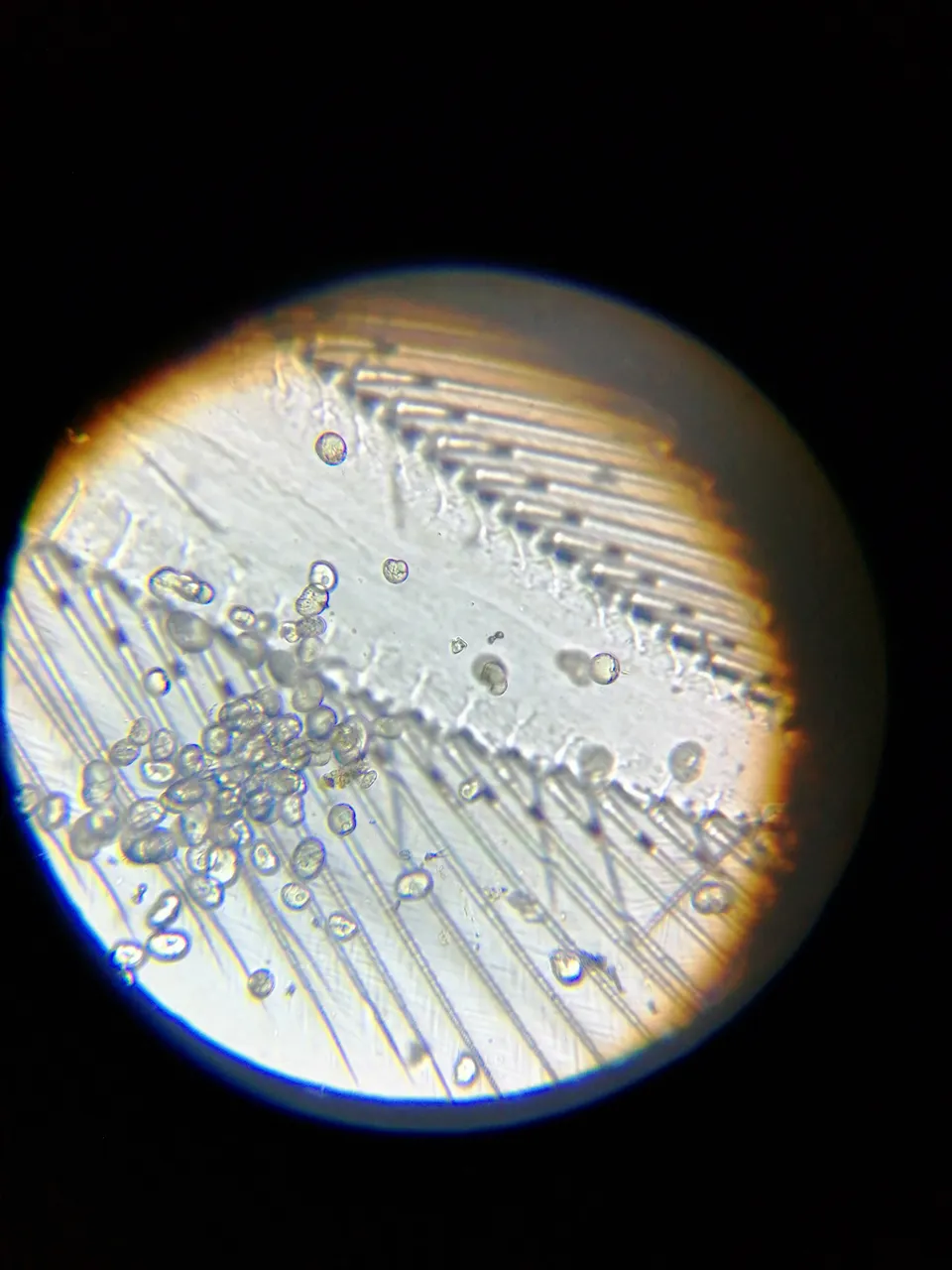
Bacteria are capable of charging their membrane "with energy and producing more than 100,000 electrons per second!" What happens is that hydrogen is much more potential energy than oil, bacteria have an enzyme capable of breaking down organic matter and transforming it into HYDROGEN energy! the hydrogenase in the enzyme layers to create the energy cells in the cell!💥‼✅✅✅
Las "bacterias son capaces de cargar su membrana con energia y producir mas de 100.000 electrones por segundo"(wikipedia) lo que sucede es que el hidrogeno es mucha mas energia potencial que el petroleo, las bacterias tienen una enzima capas de descomponer la materia organica y transformarla en energia HIDROGENO! la hidrogenasa en la enzima capas de crear las celdas de energia en la celula!😮😮😮😮😮

DNA is an organization to foster and DENSIFY NATURE-APPRECIATION which aims to establish REPORTS OF BIODIVERSITY DATA that is contributed by all of us Hiveans and subsequently cataloged.
Therefore DNA searches for HIGH-QUALITY posts that aim to DESCRIBE and determine the BIODIVERSITY AROUND YOU with added EXPLANATIONS and INFORMATION. For these informative posts they offer a CURATION SERVICE using the @dna.org account. It is also a CURATION TRAIL. Just add the #dna TAG if you think that any of your posts is what they are looking for.


THANKS FOR READING ME (PHOTOS OF MY PROPERTY)🙂🧠🦾👍
BYEEE!!!! / UM GOSTOOO!!!🙋♂️👍
https://concepto.de/organismos-descomponedores/
https://www.agenciasinc.es/Noticias/Dos-tipos-de-bacterias-producen-energia-a-partir-de-restos-de-comida



















































